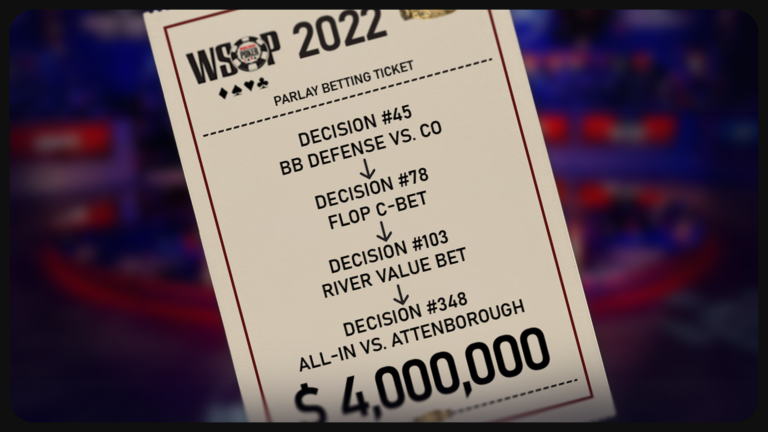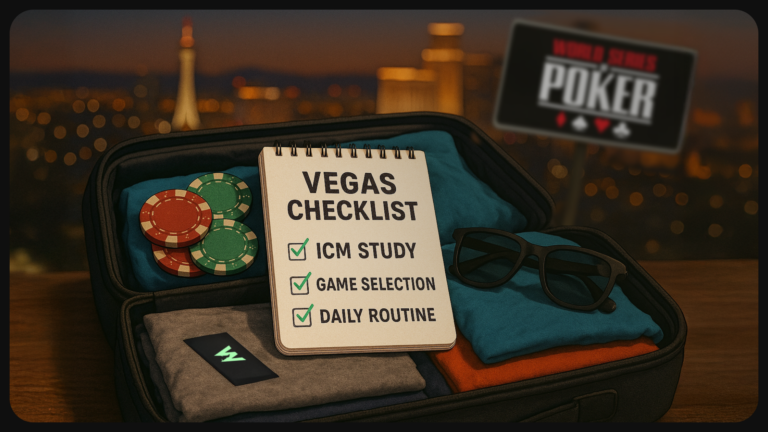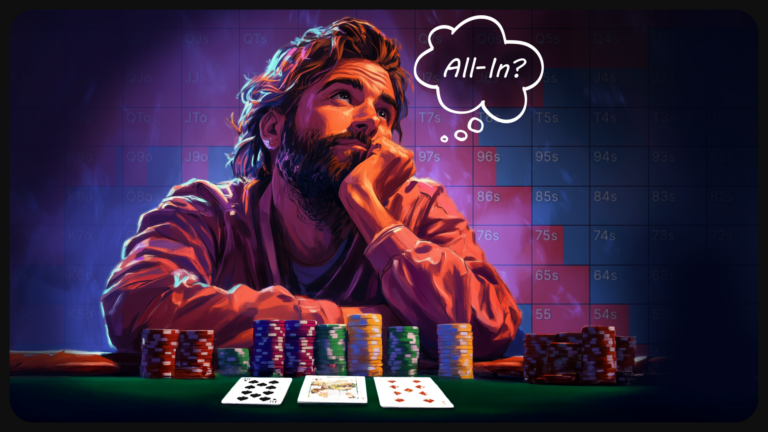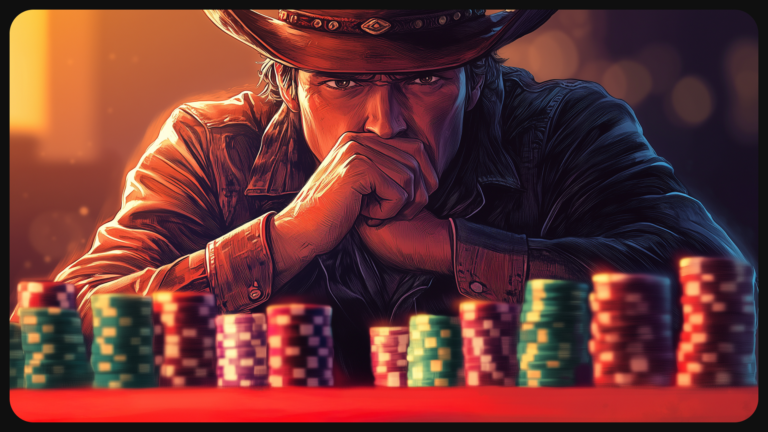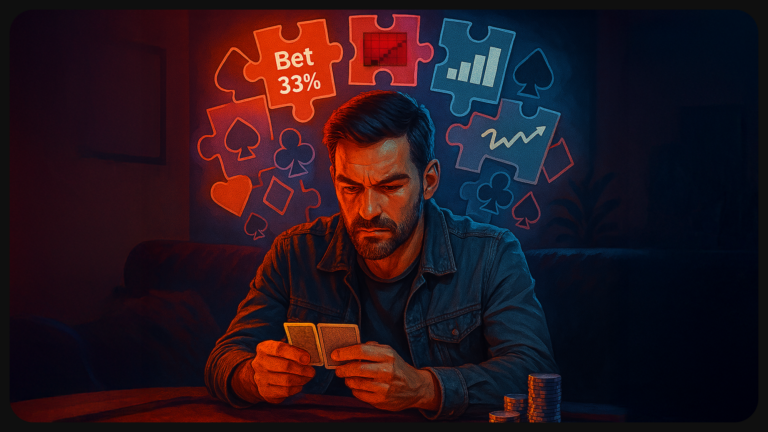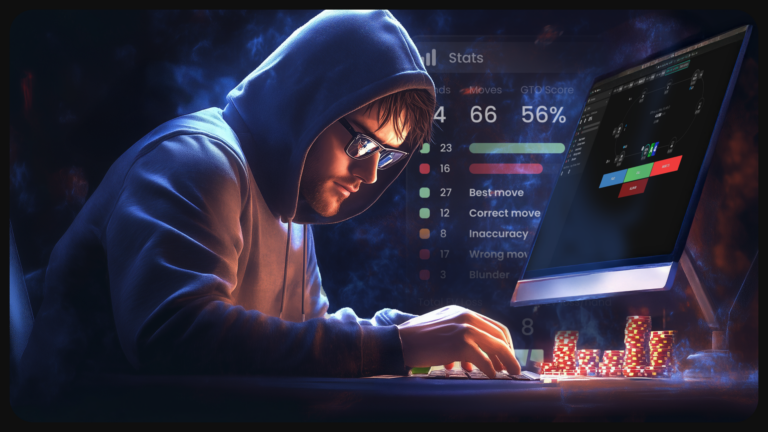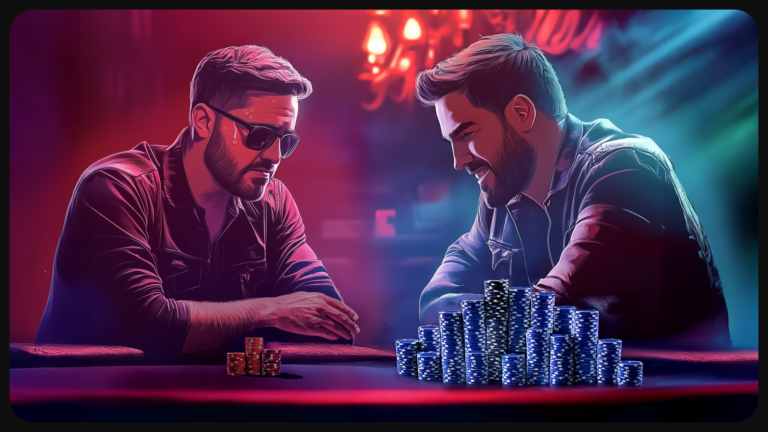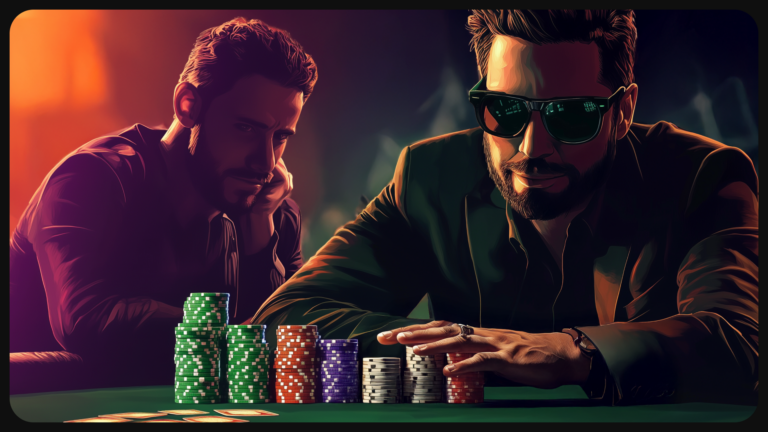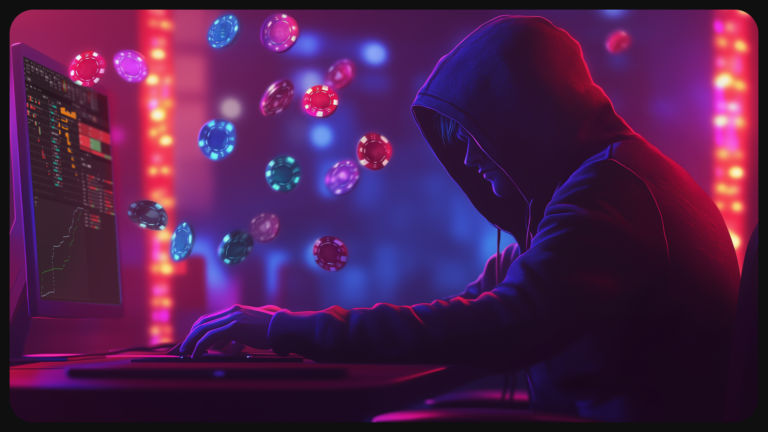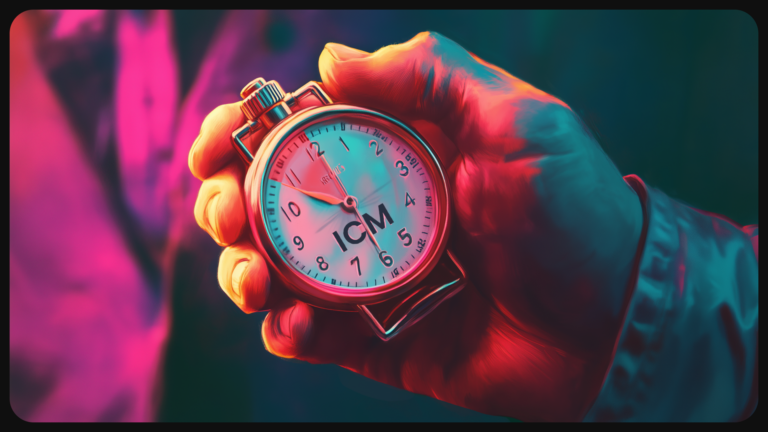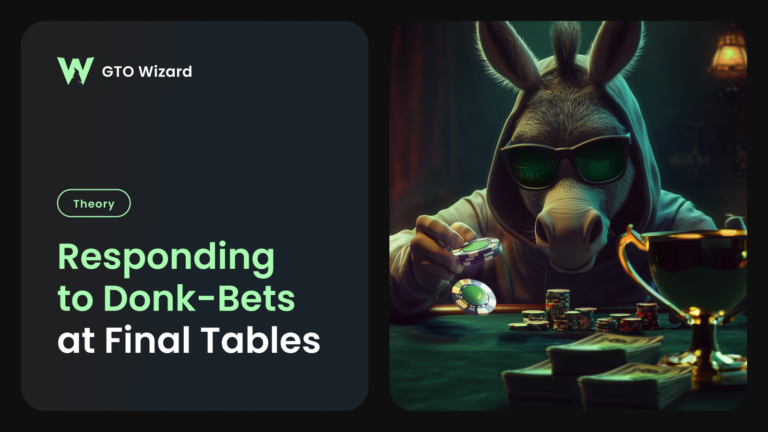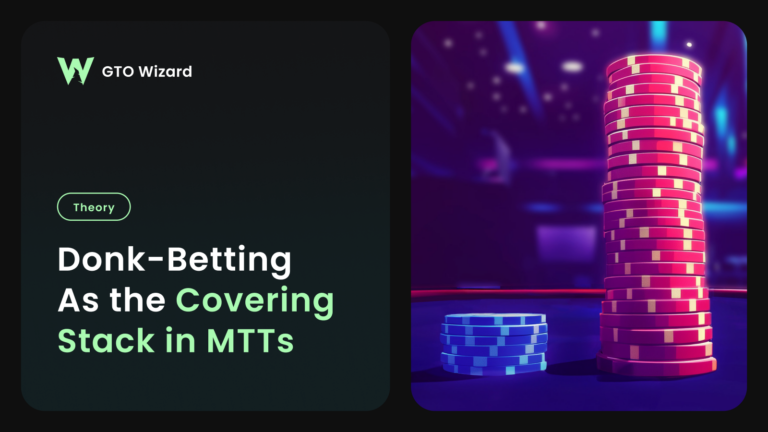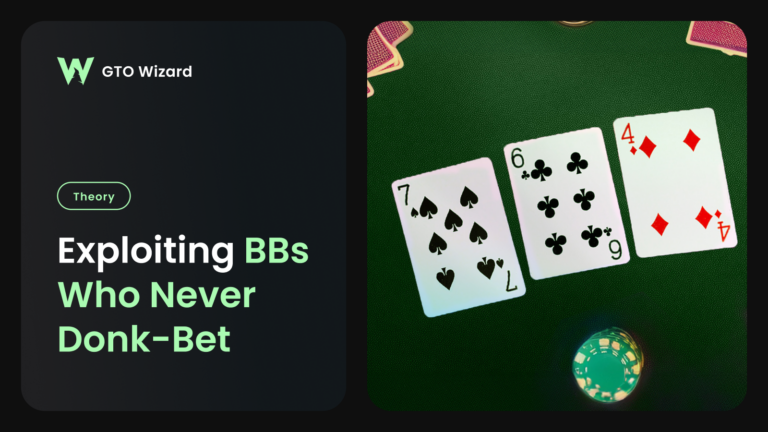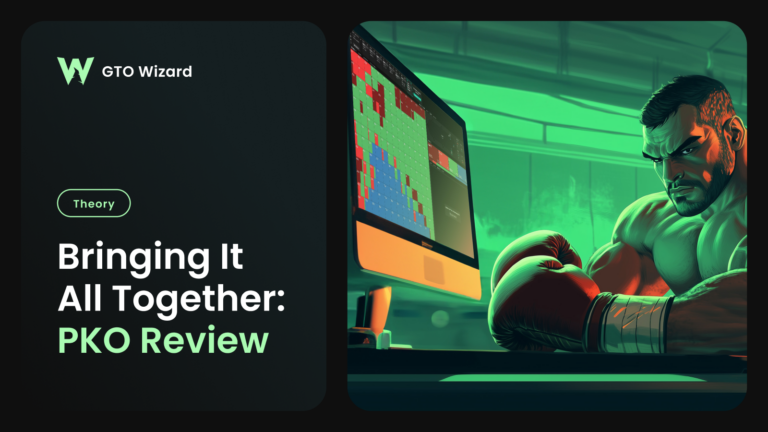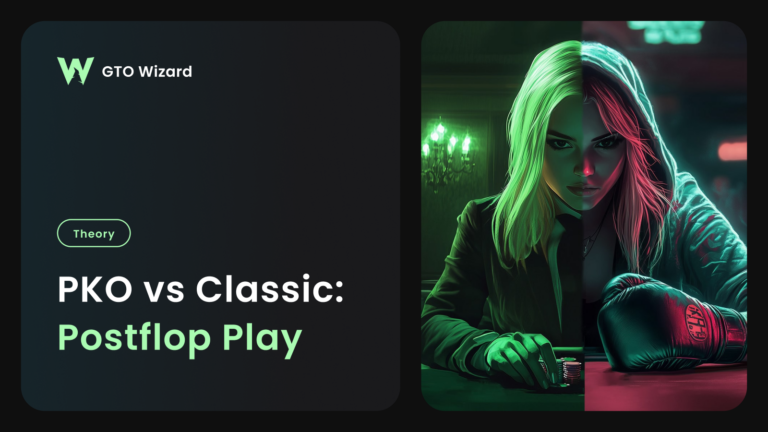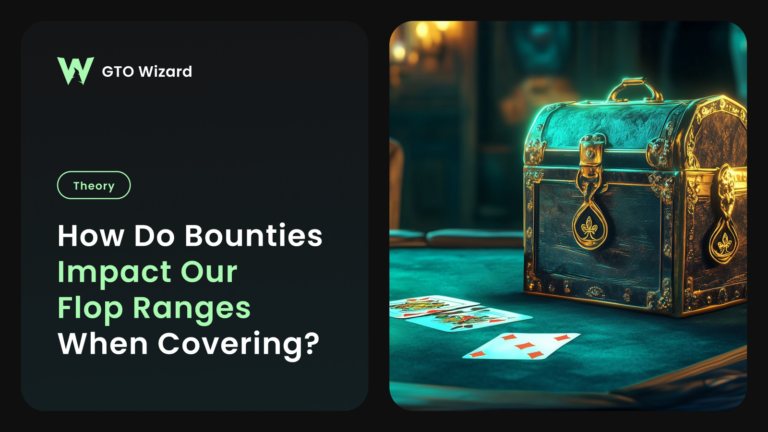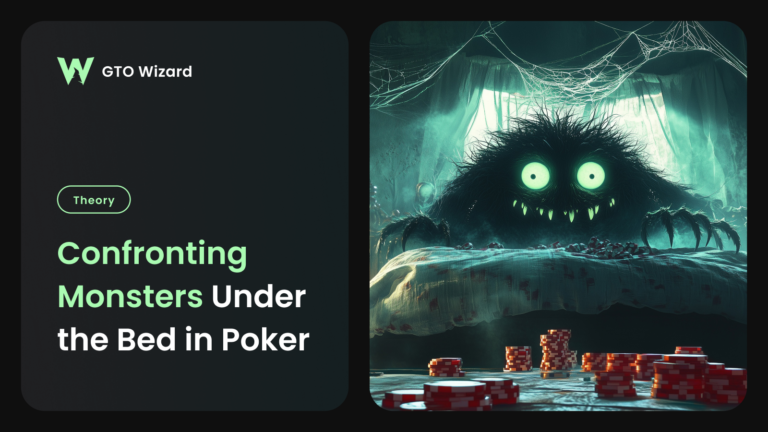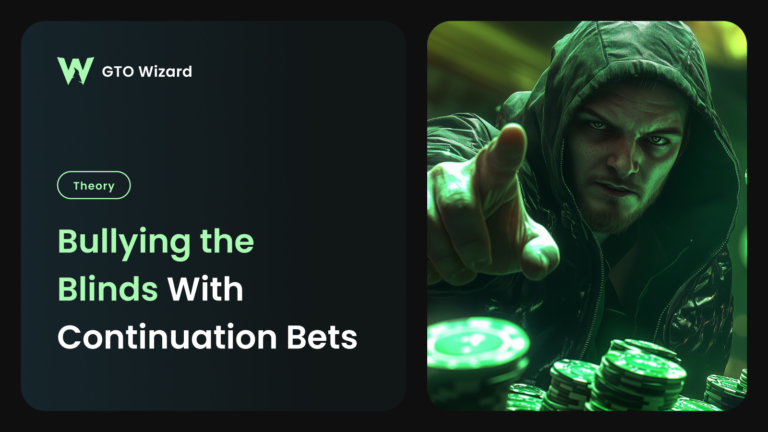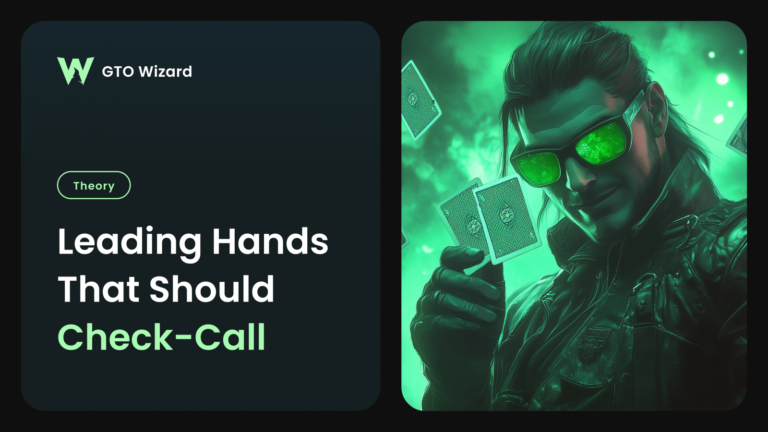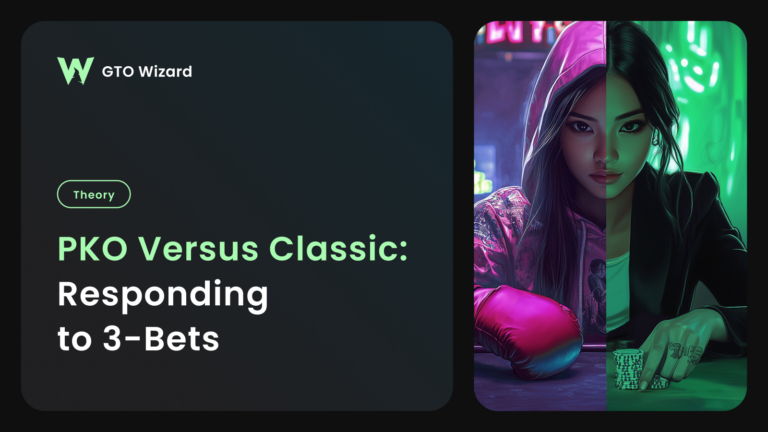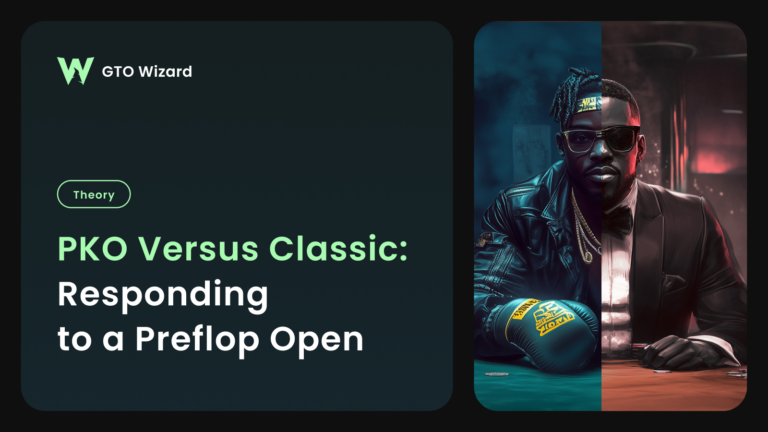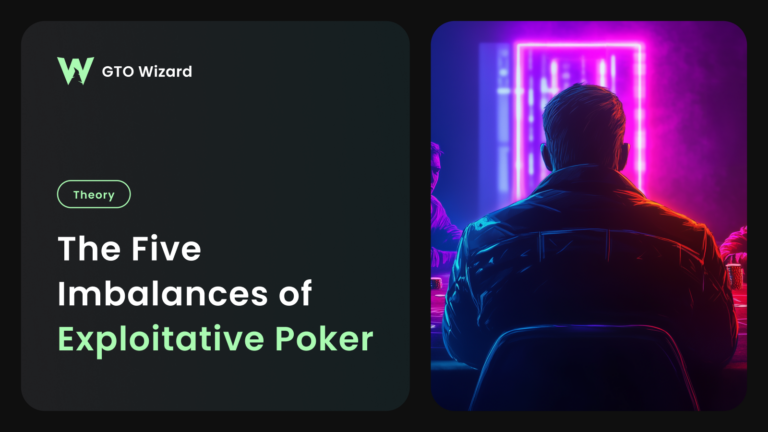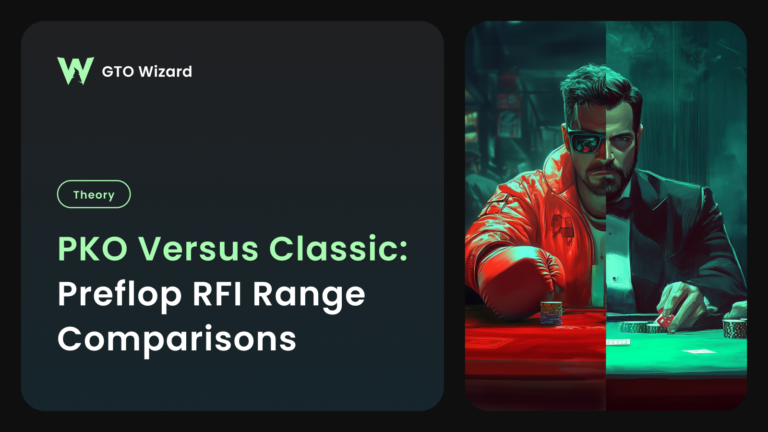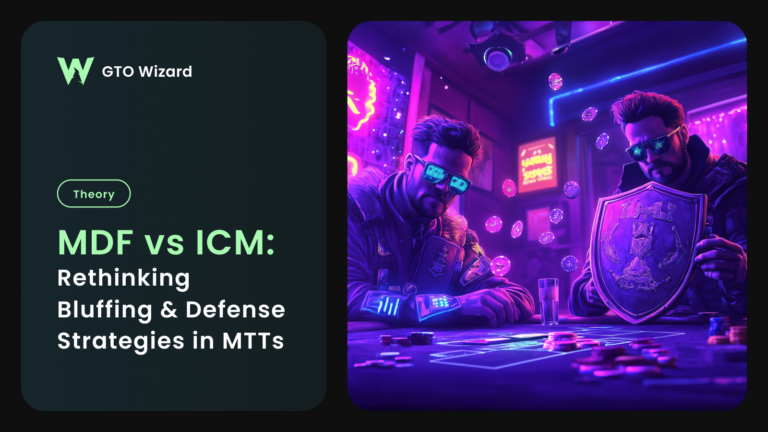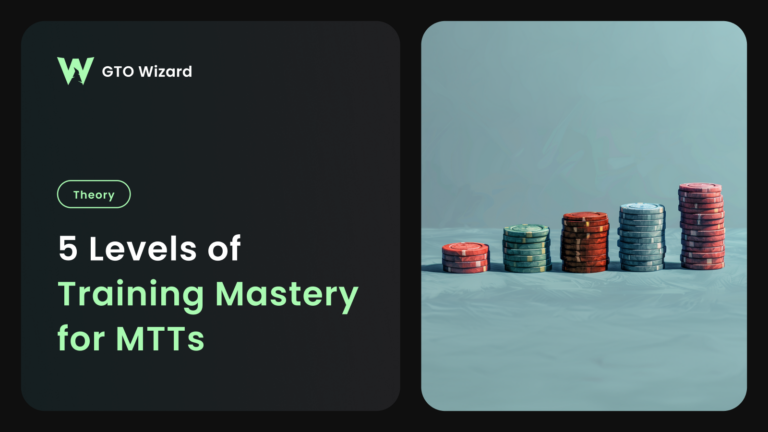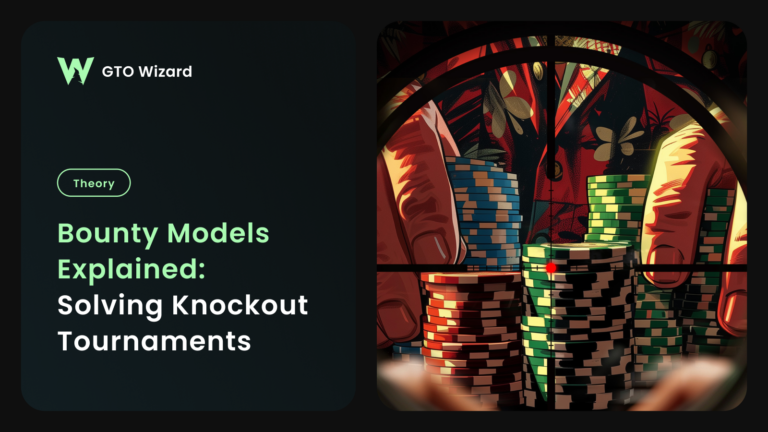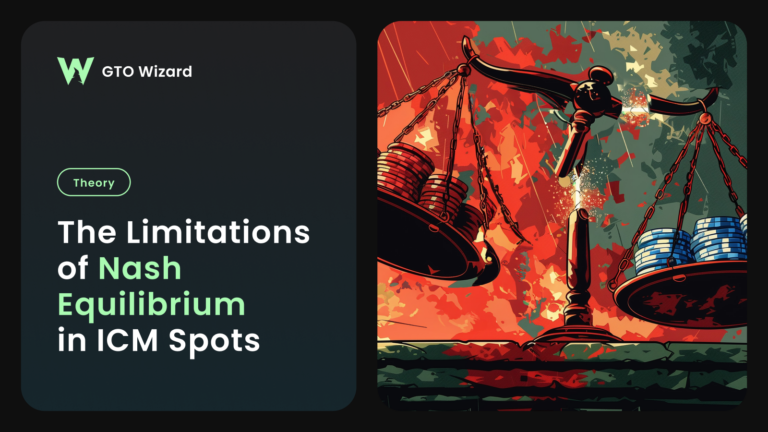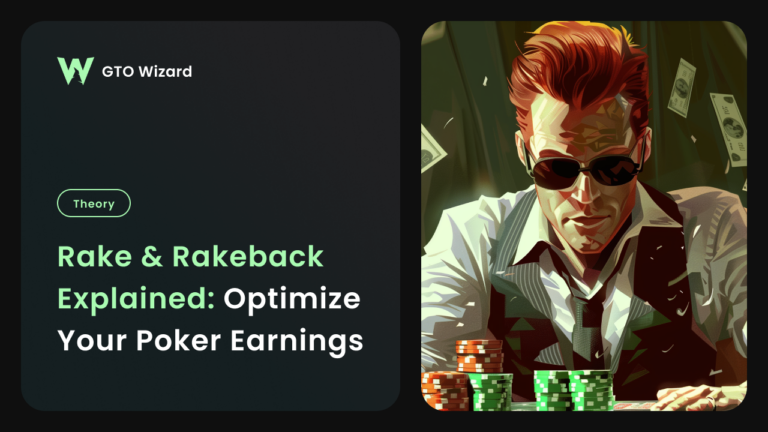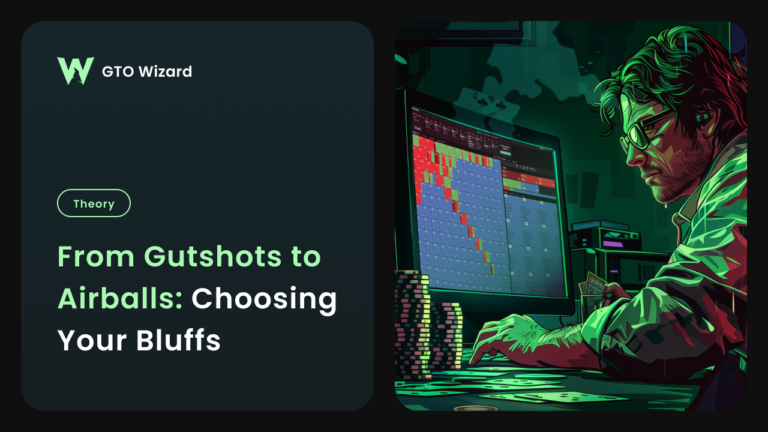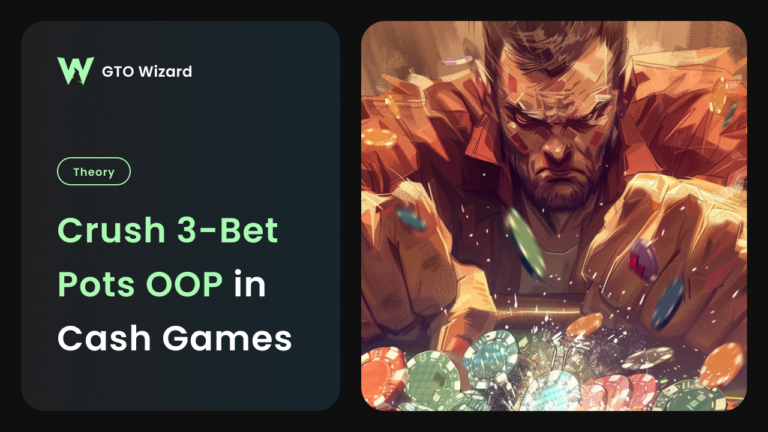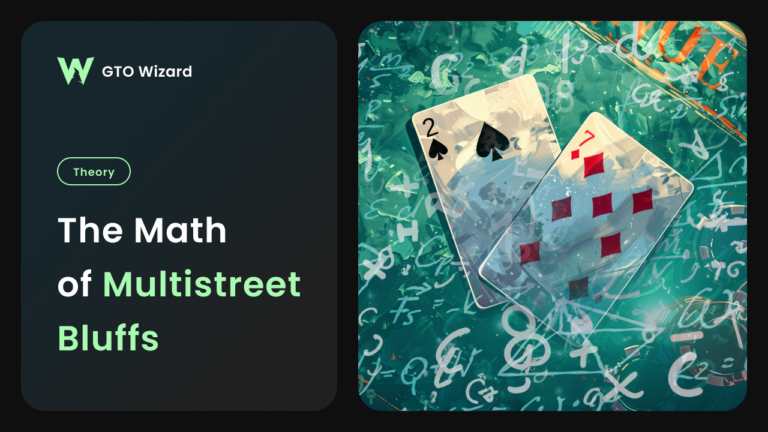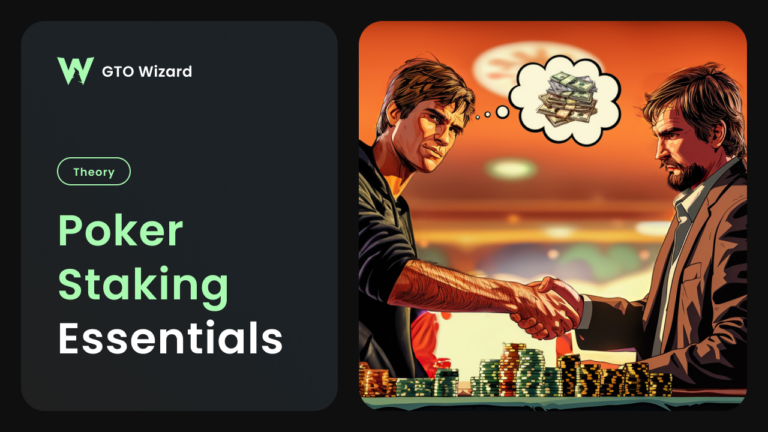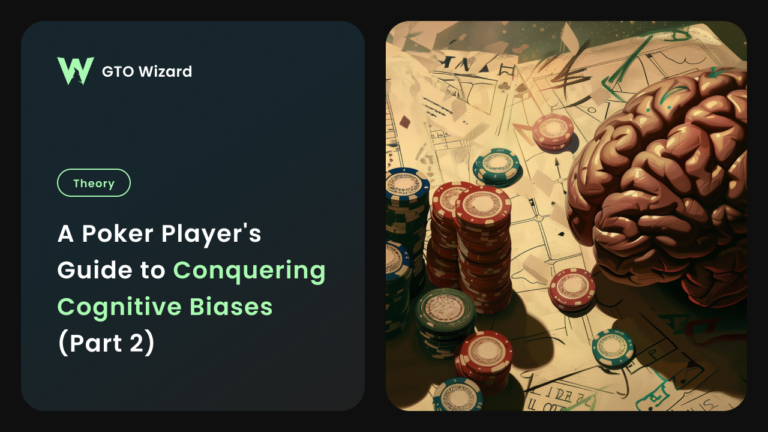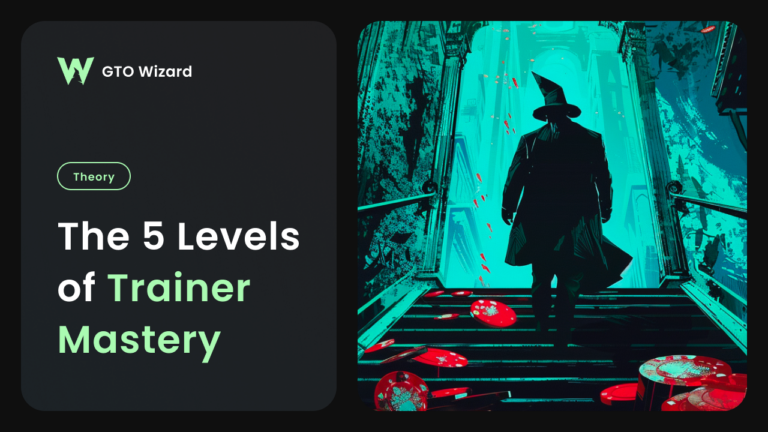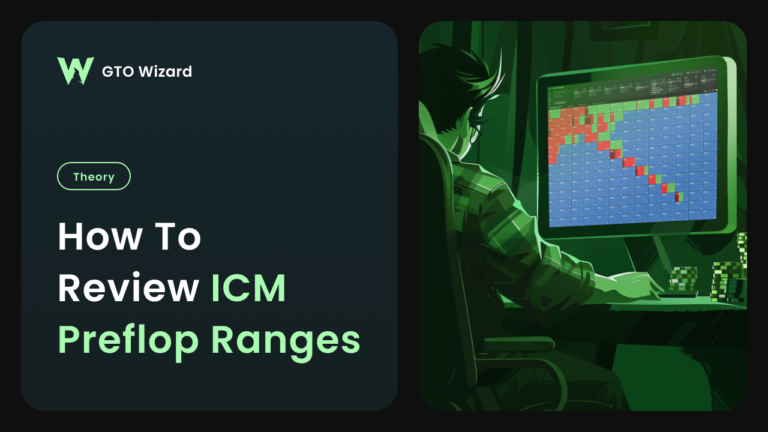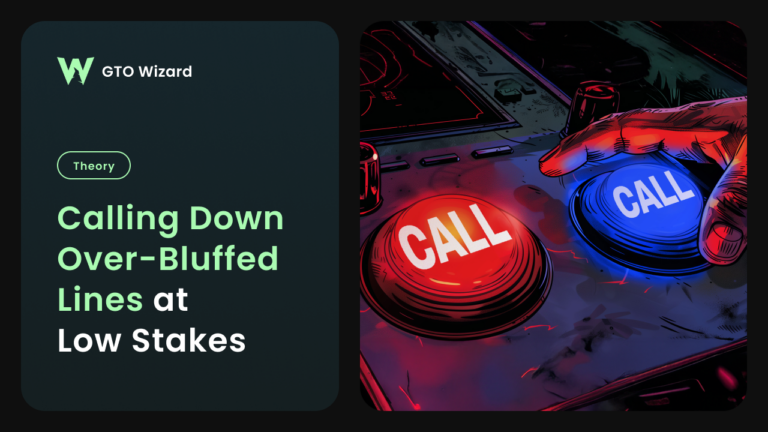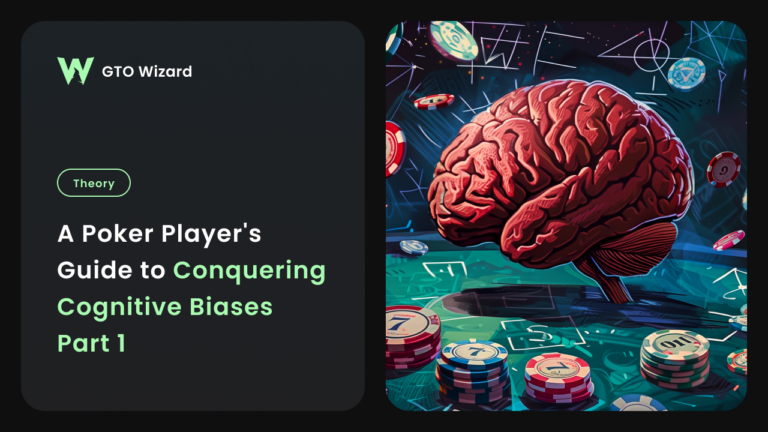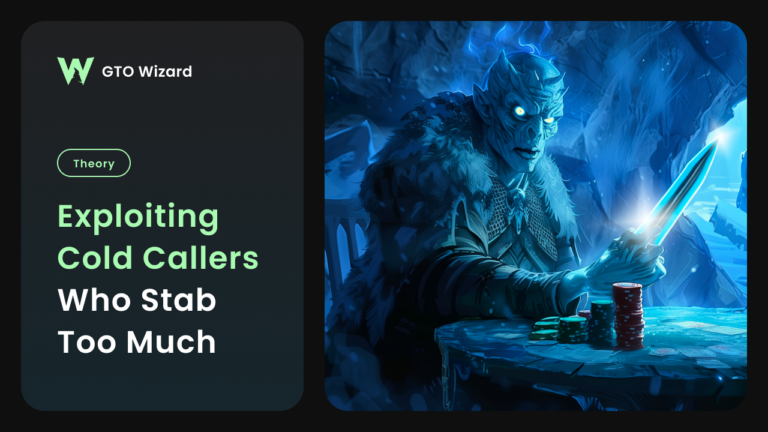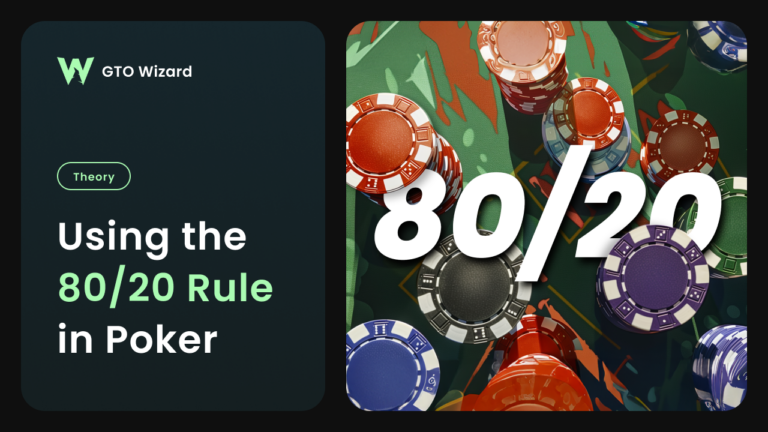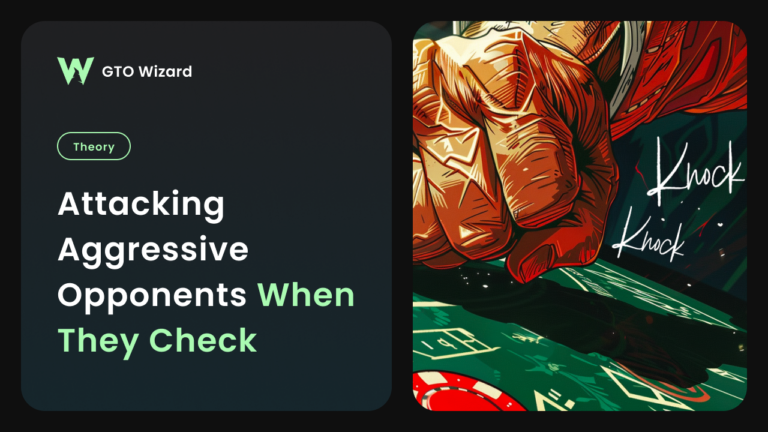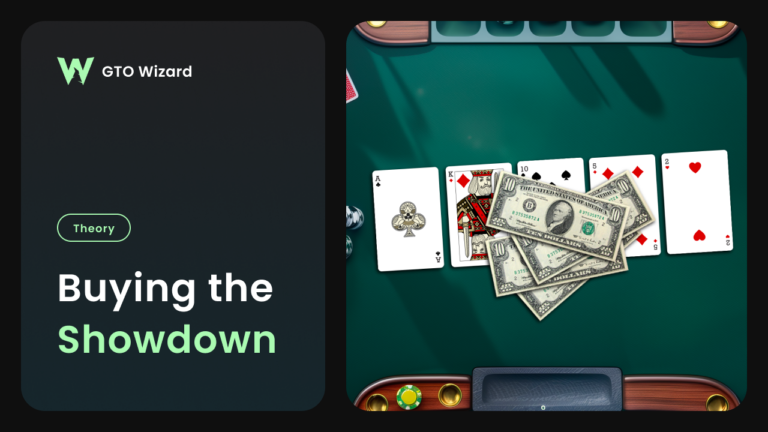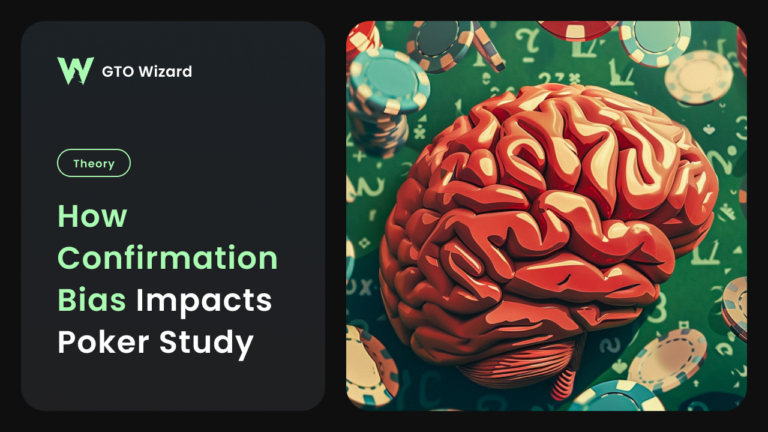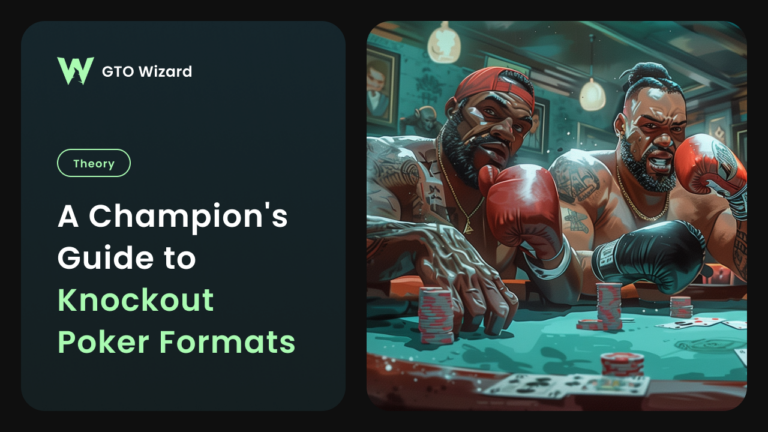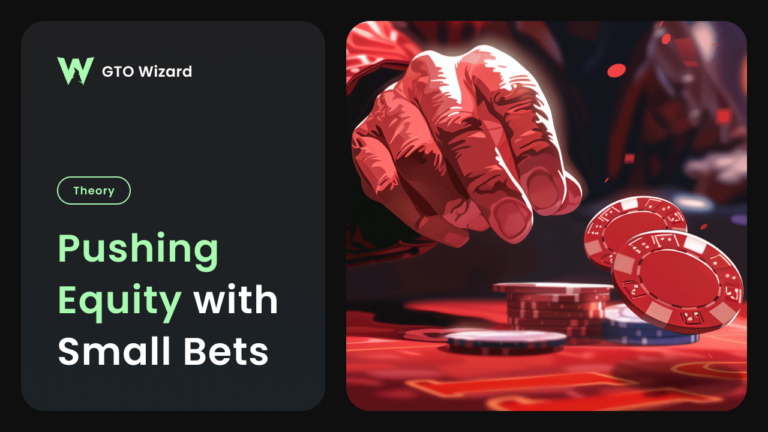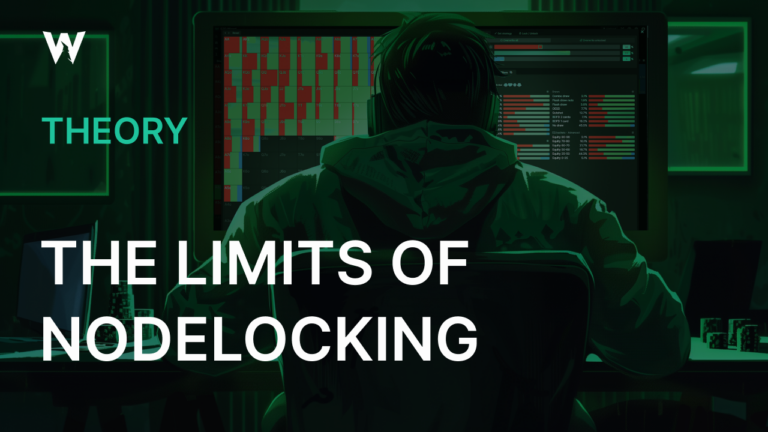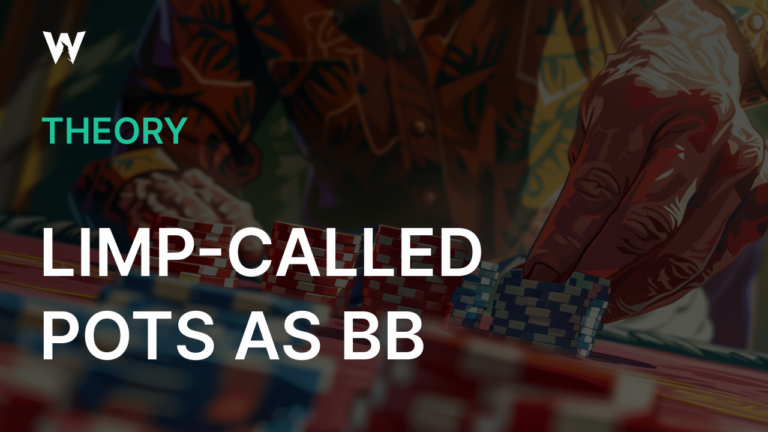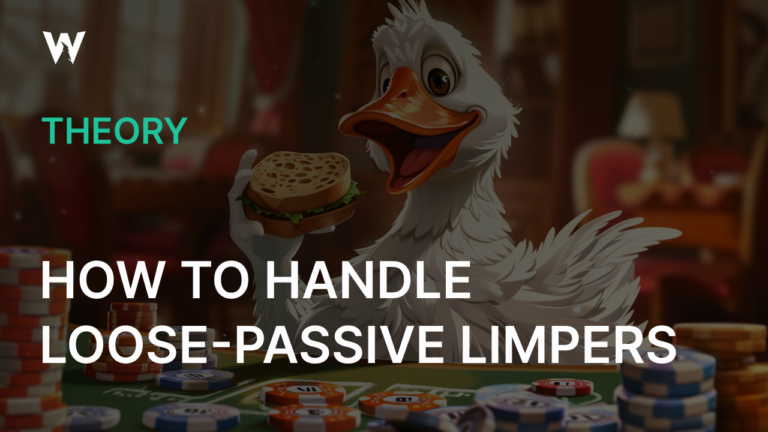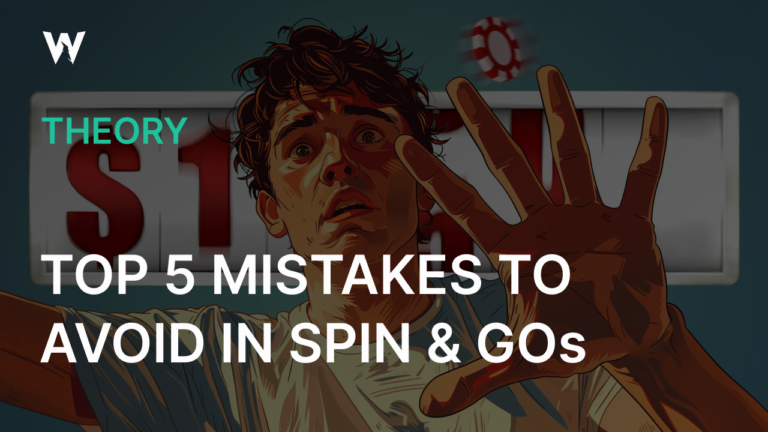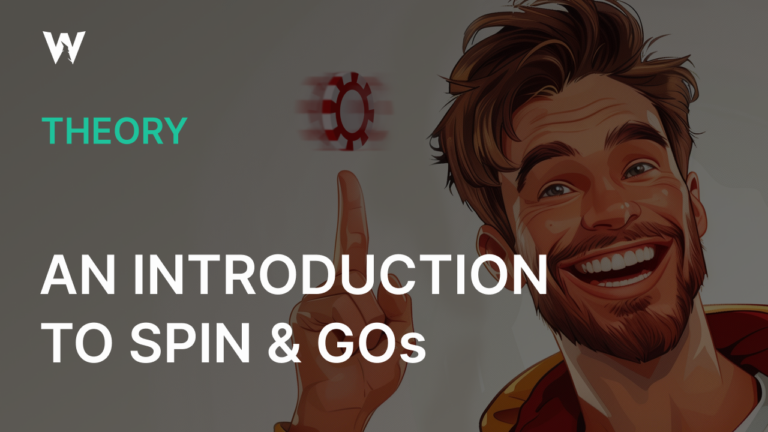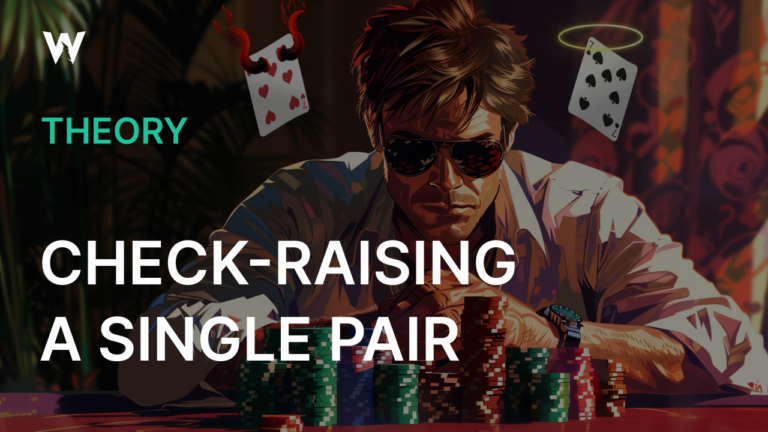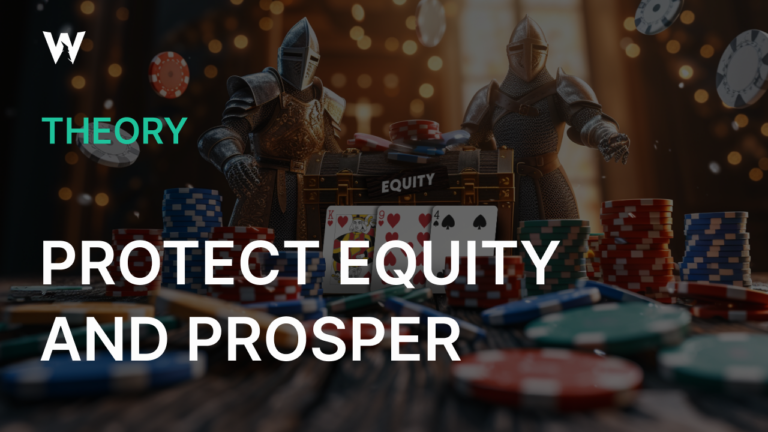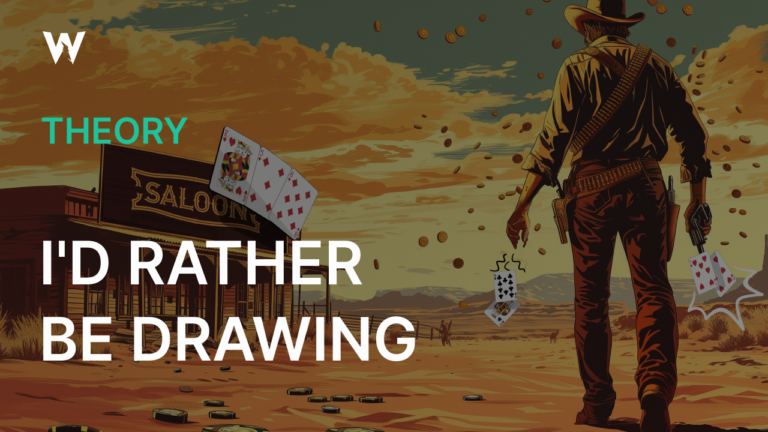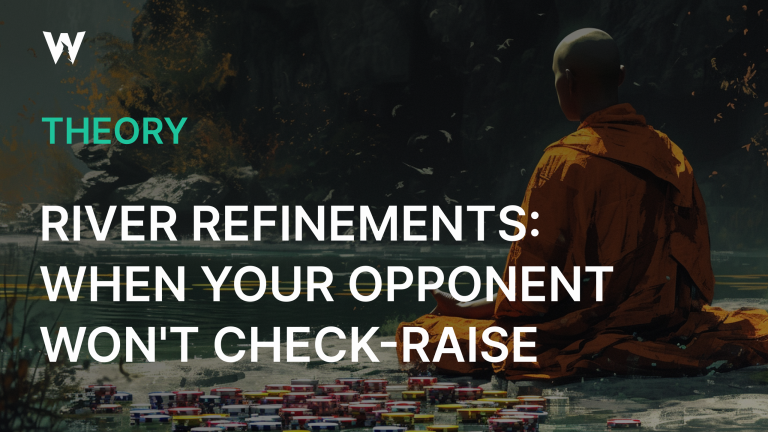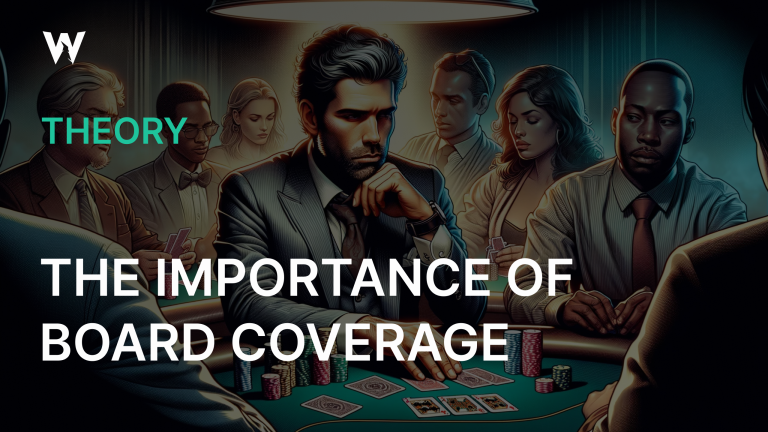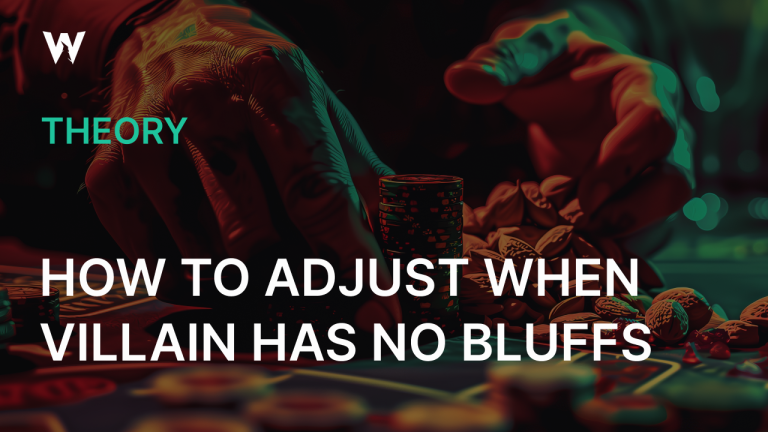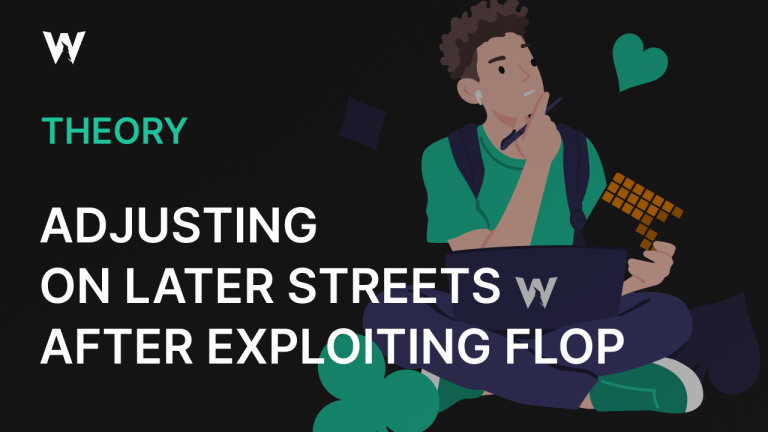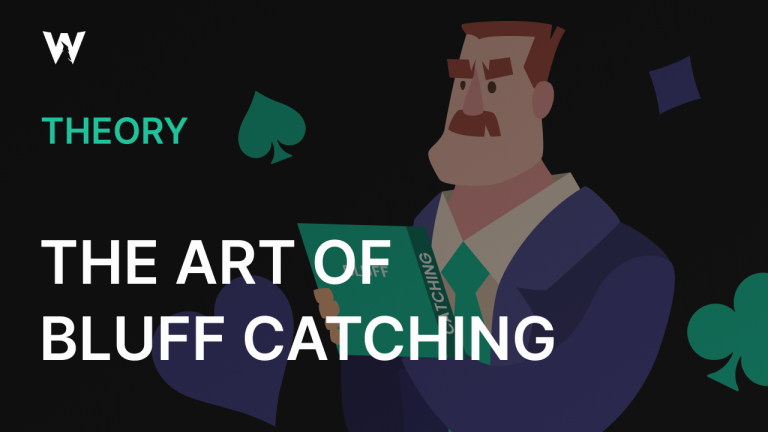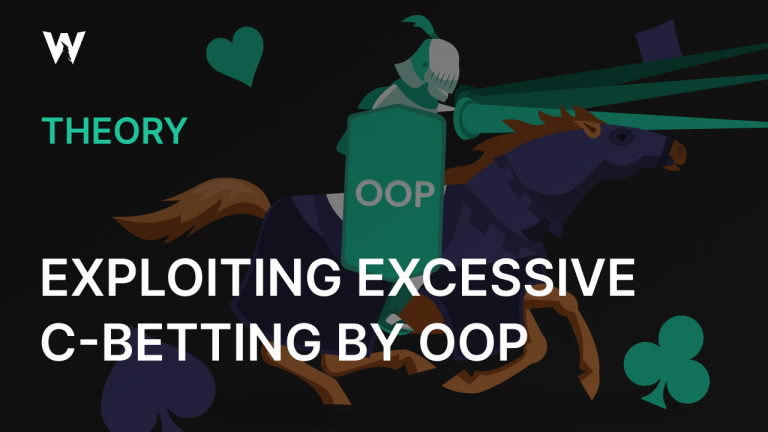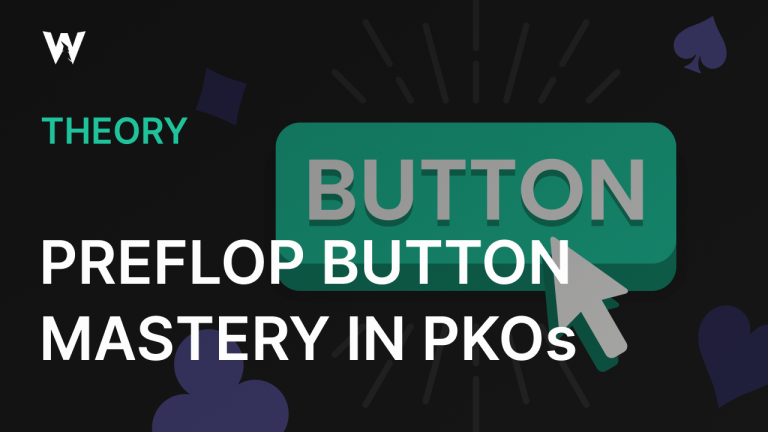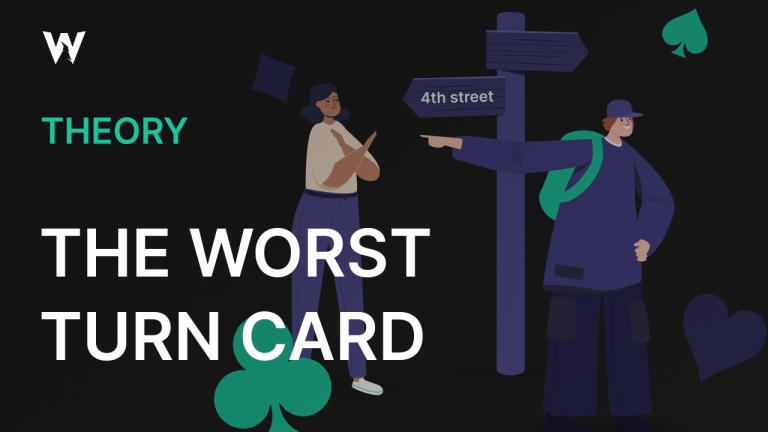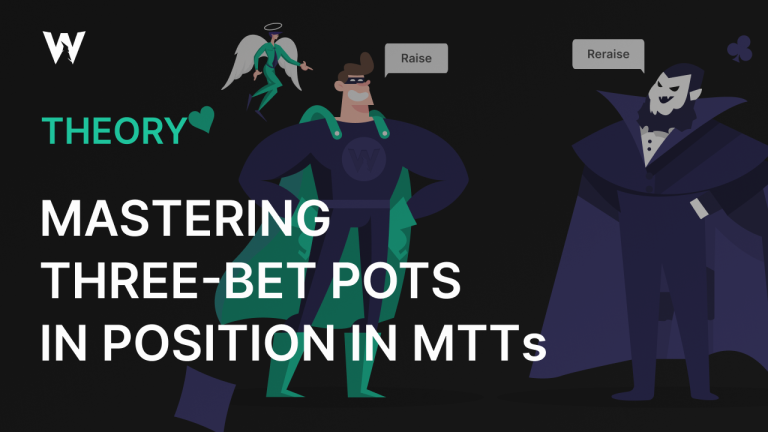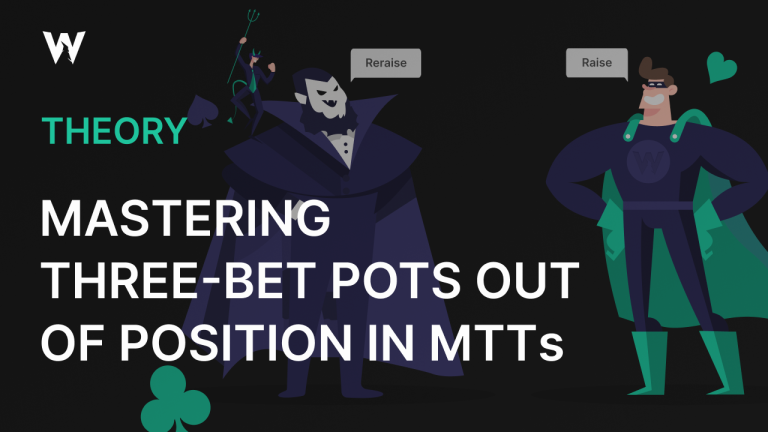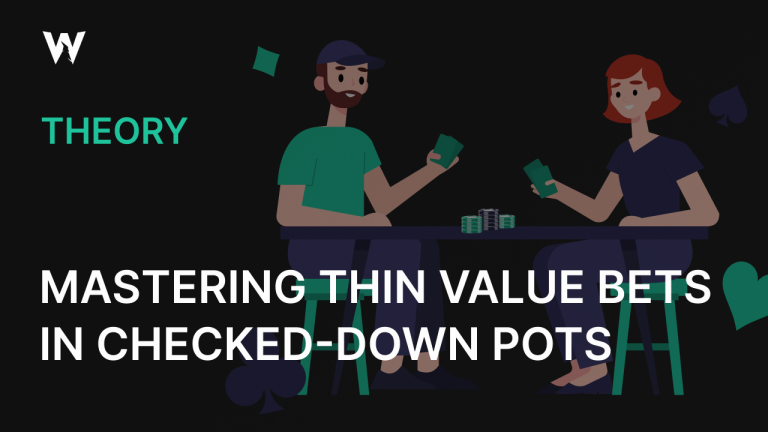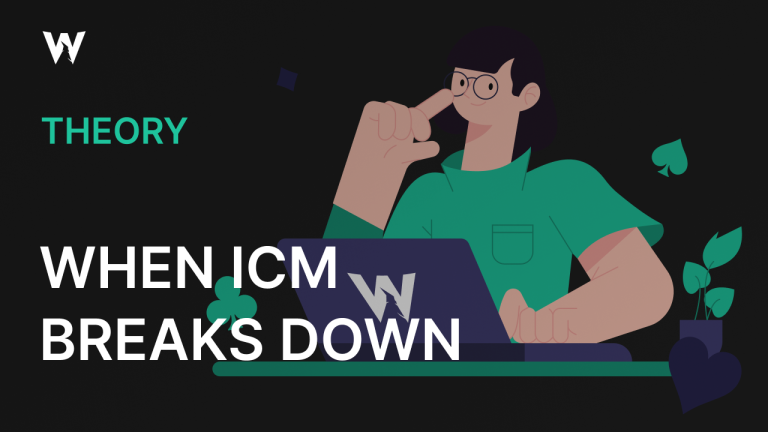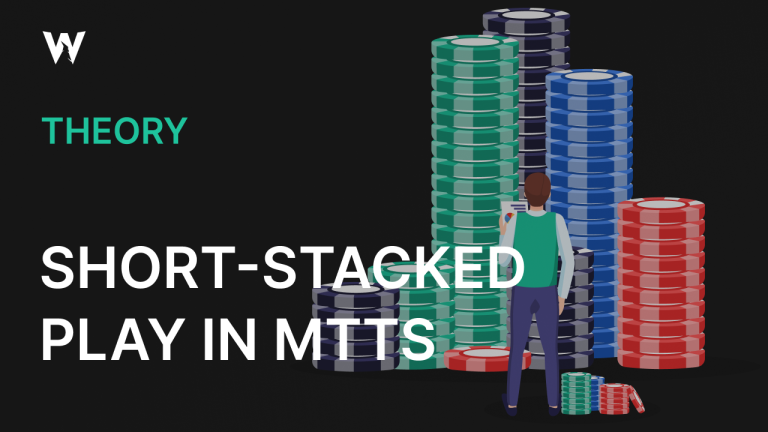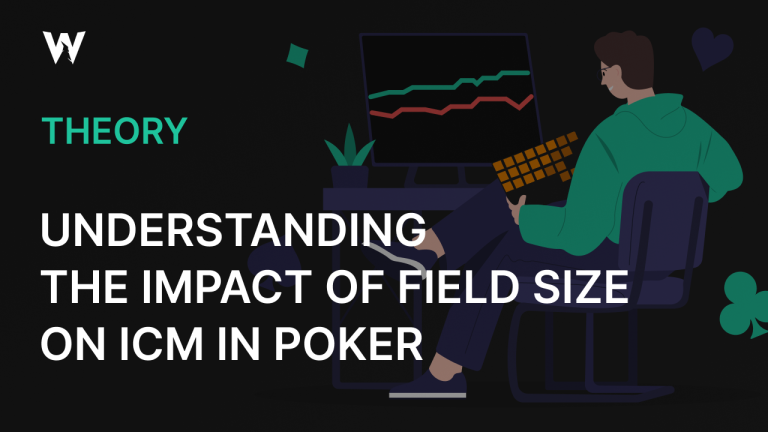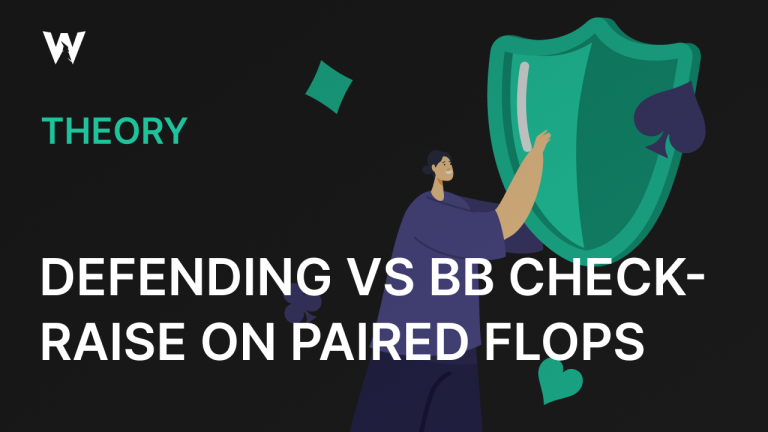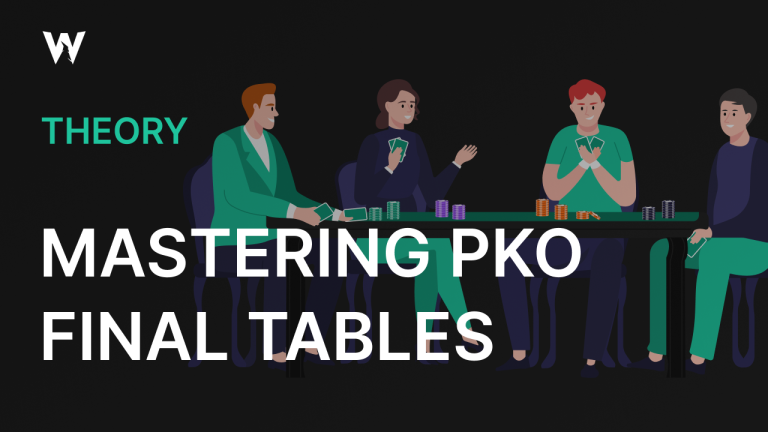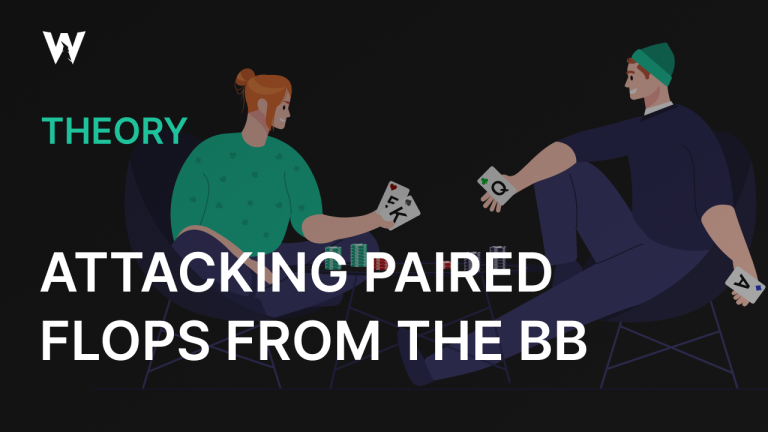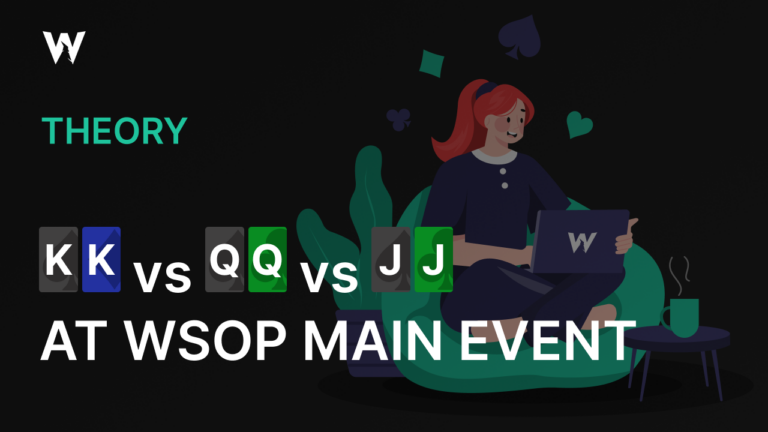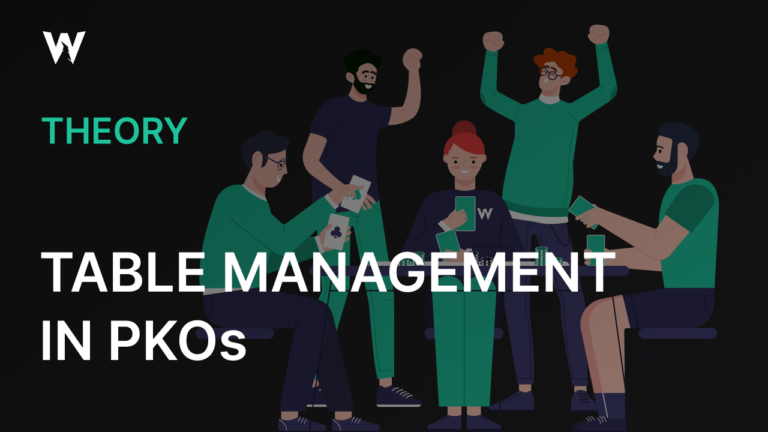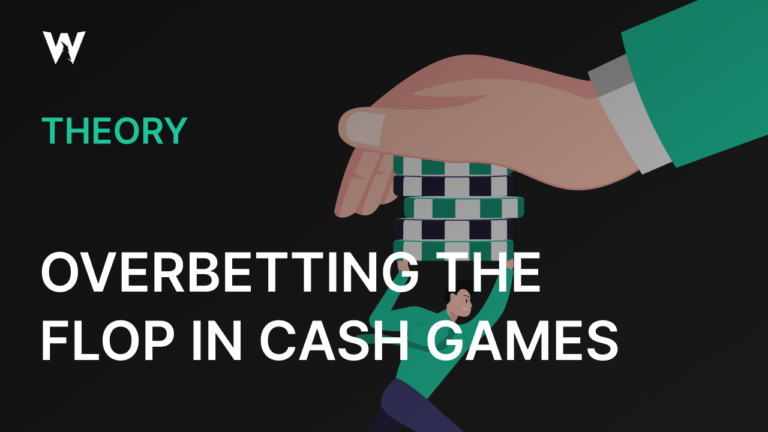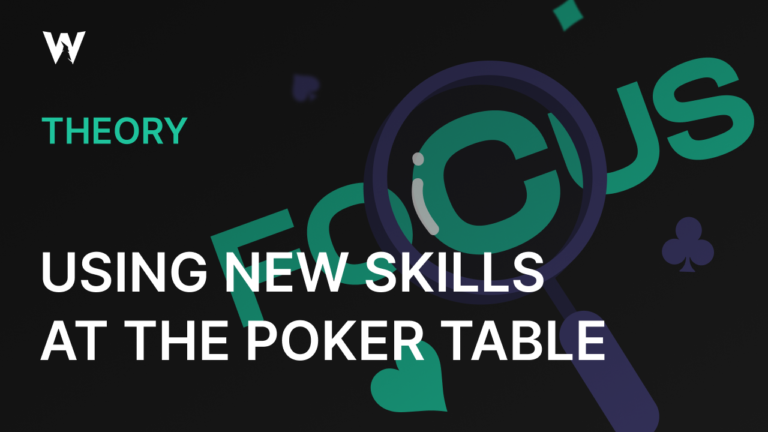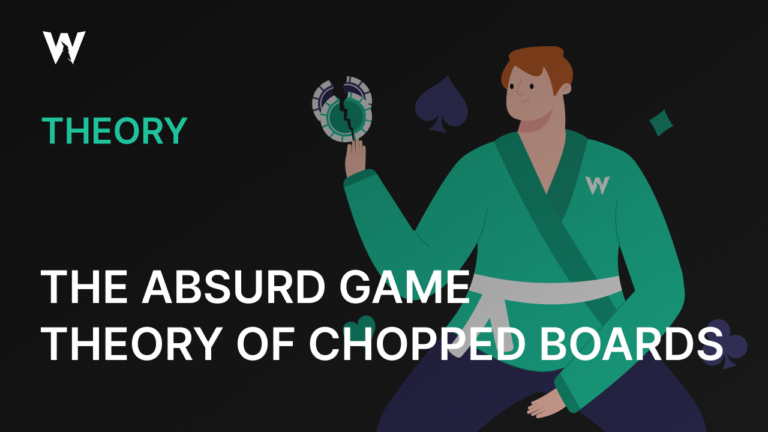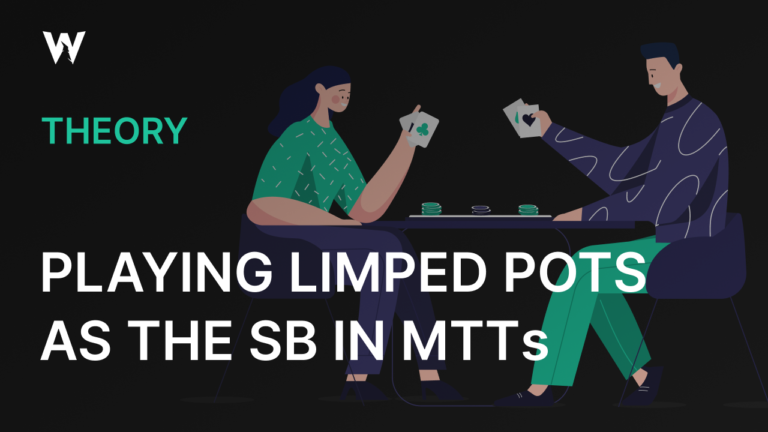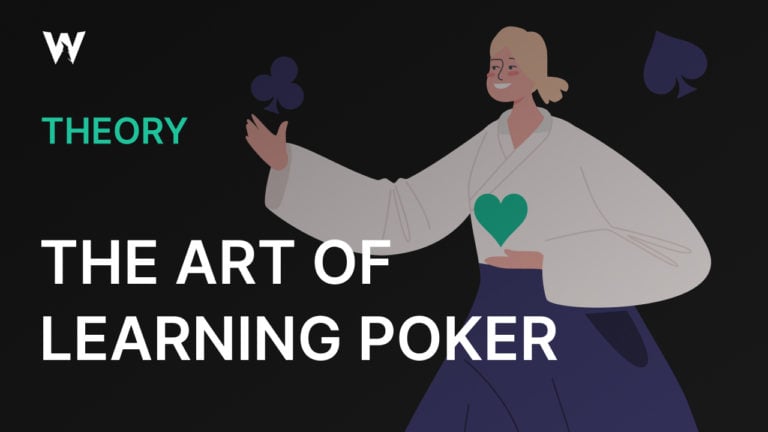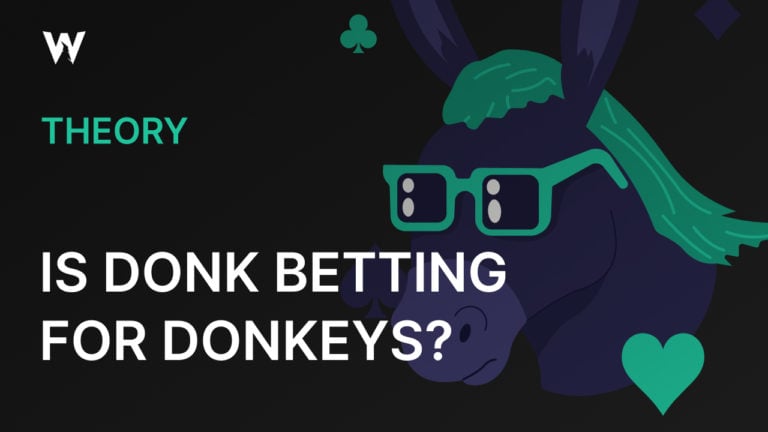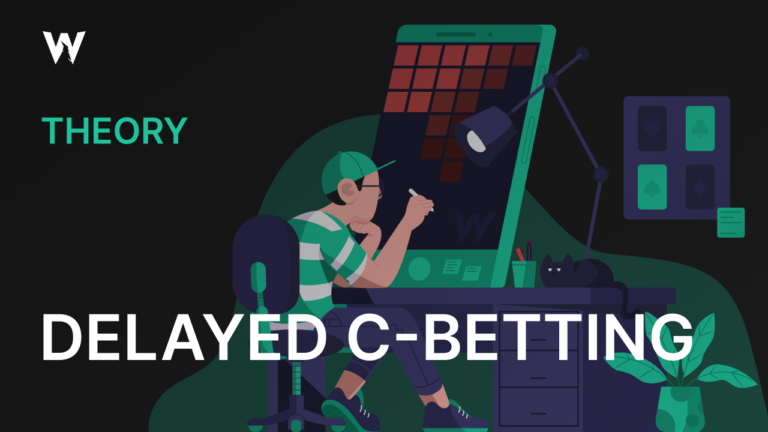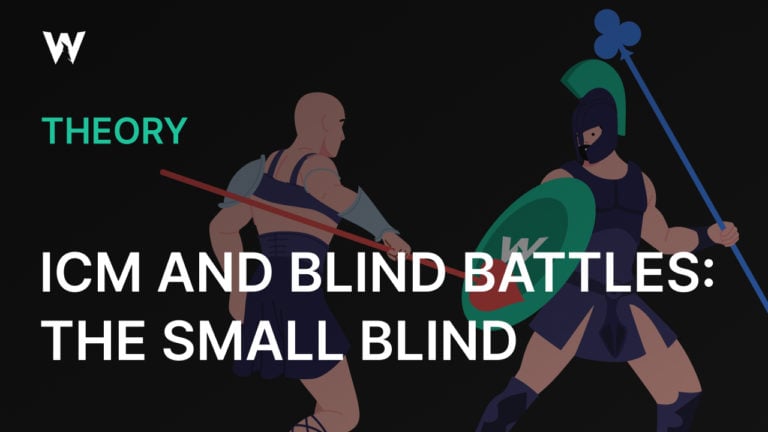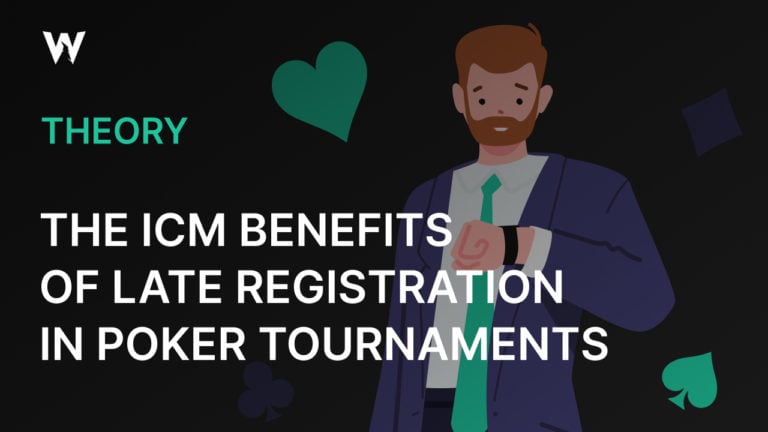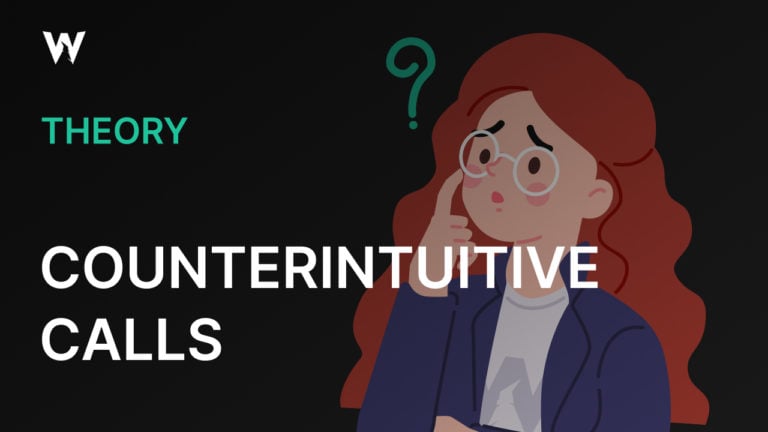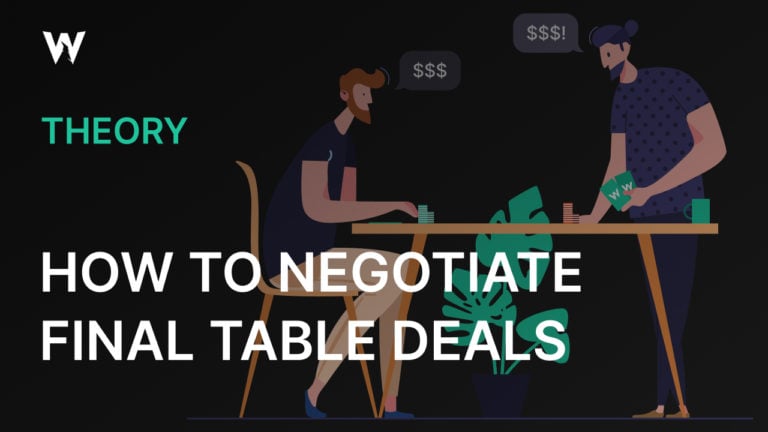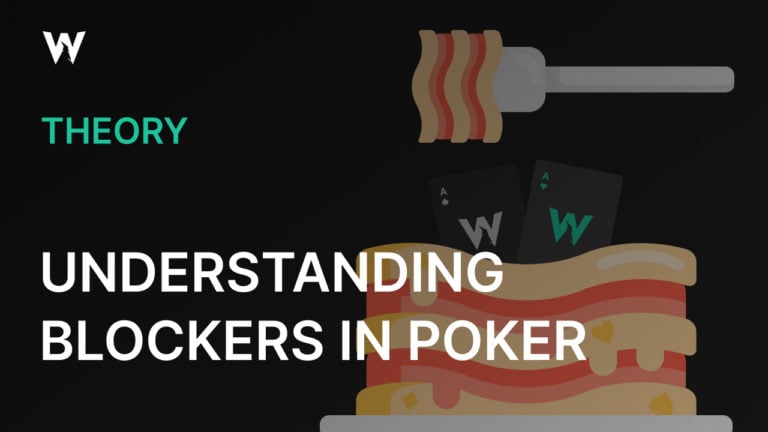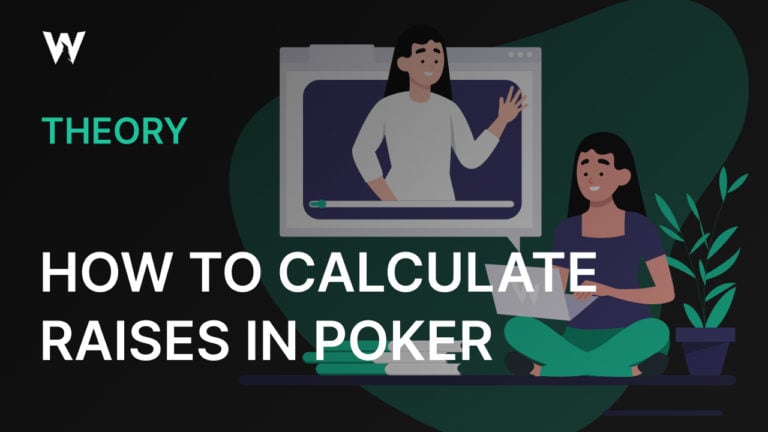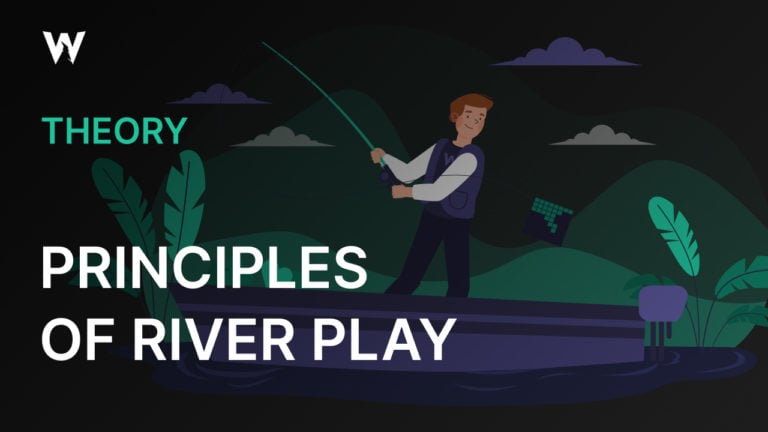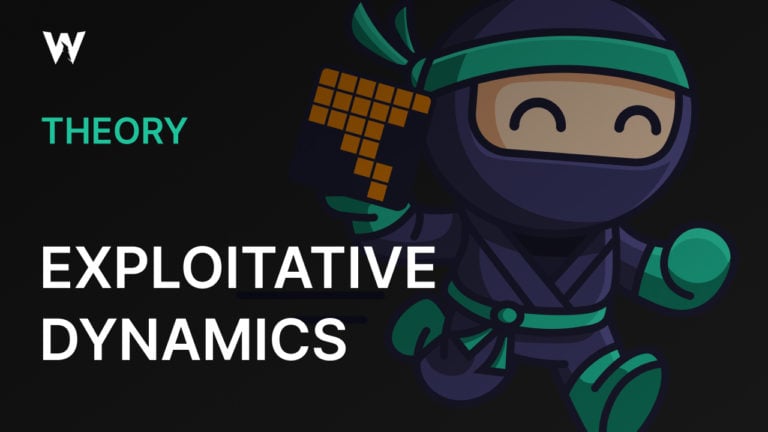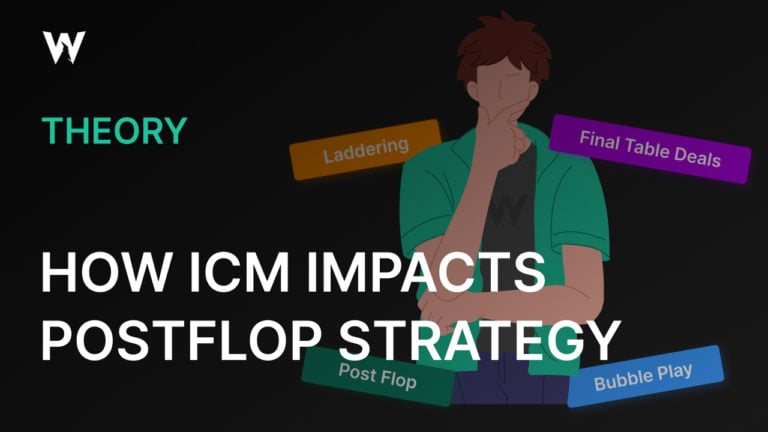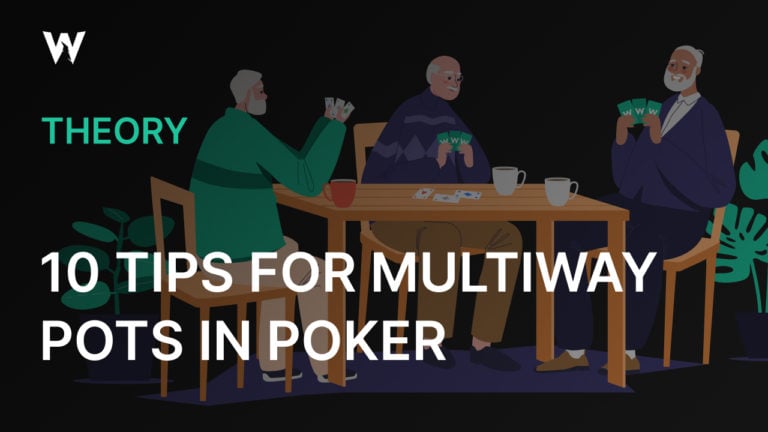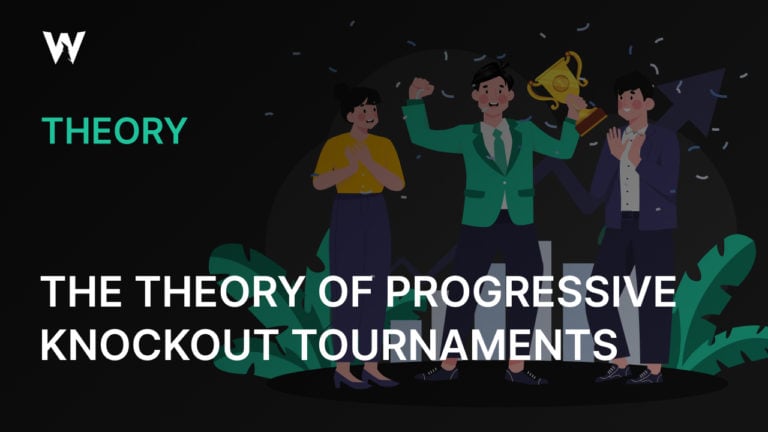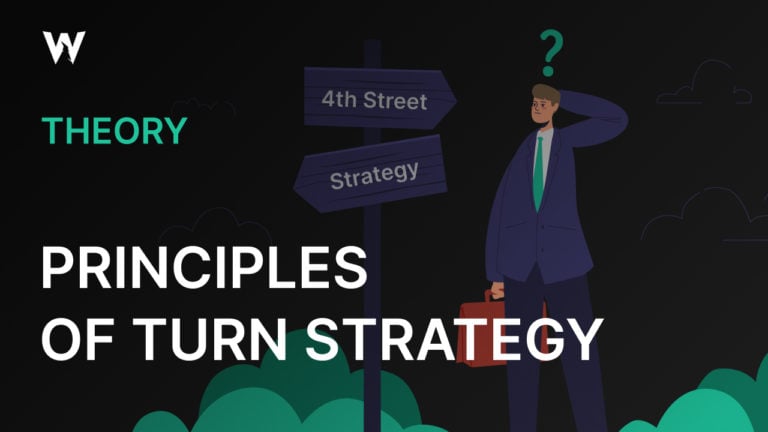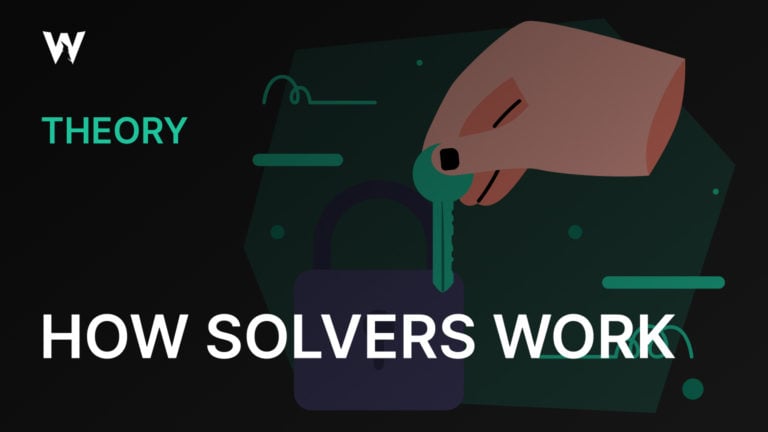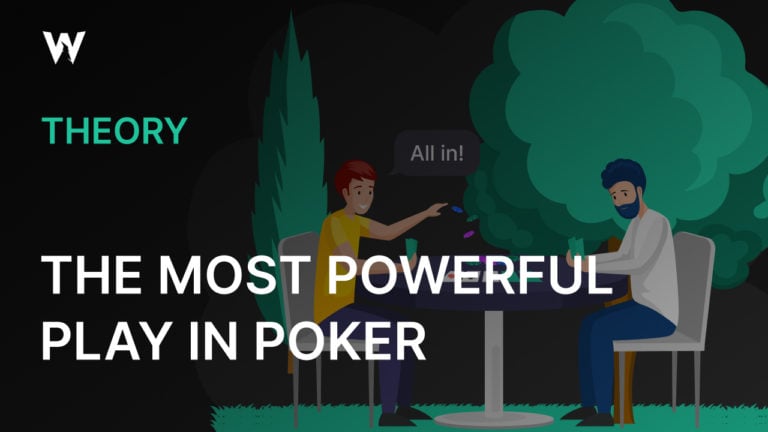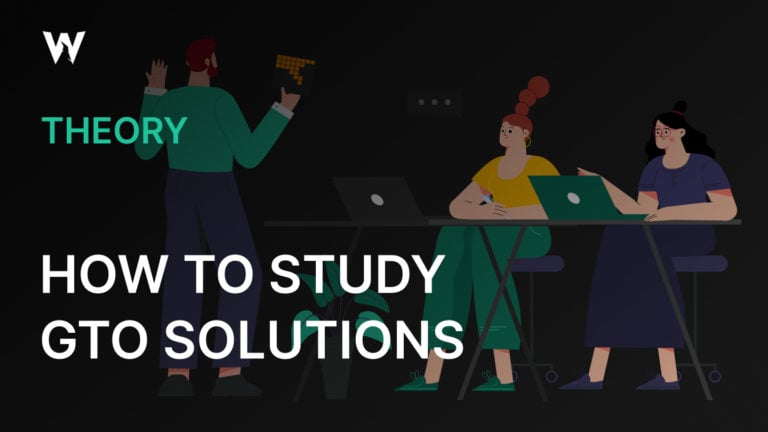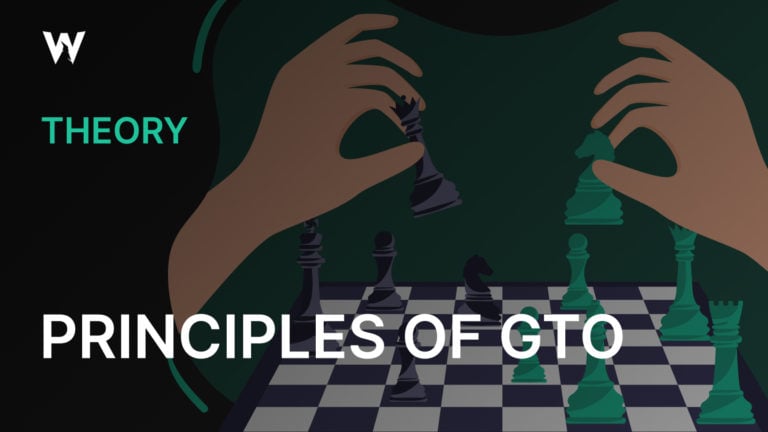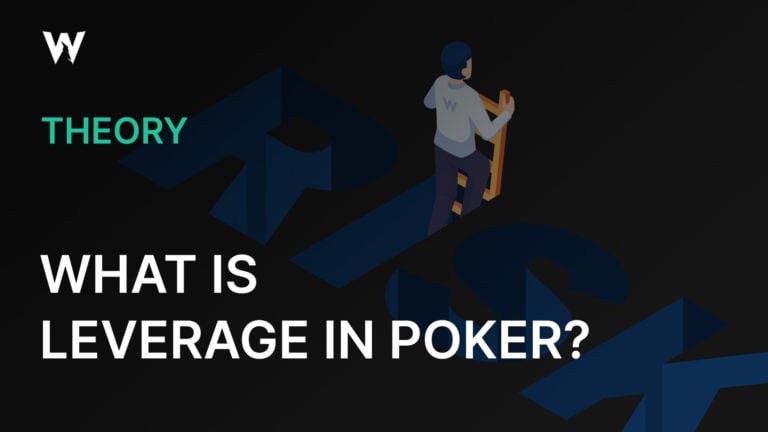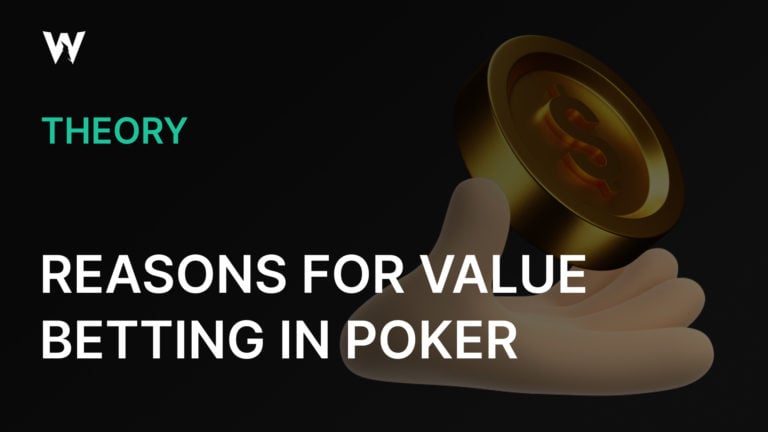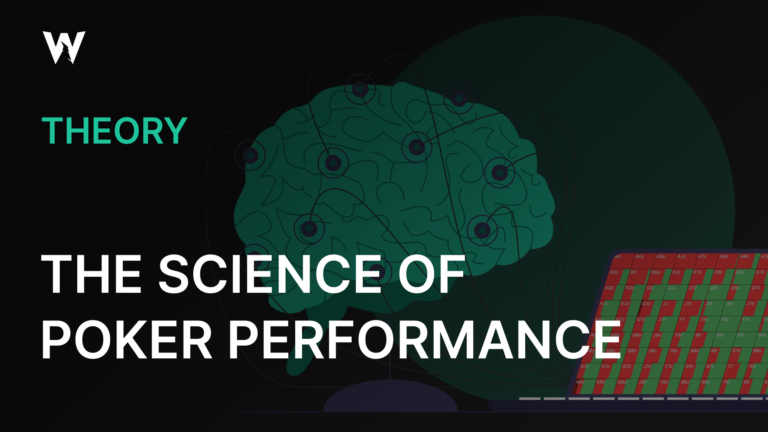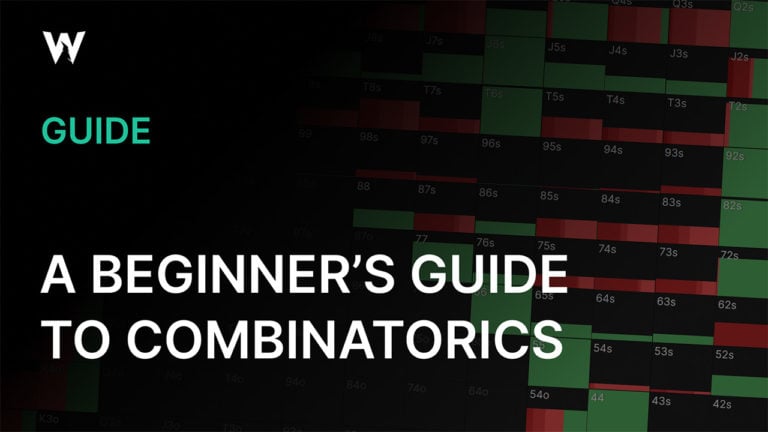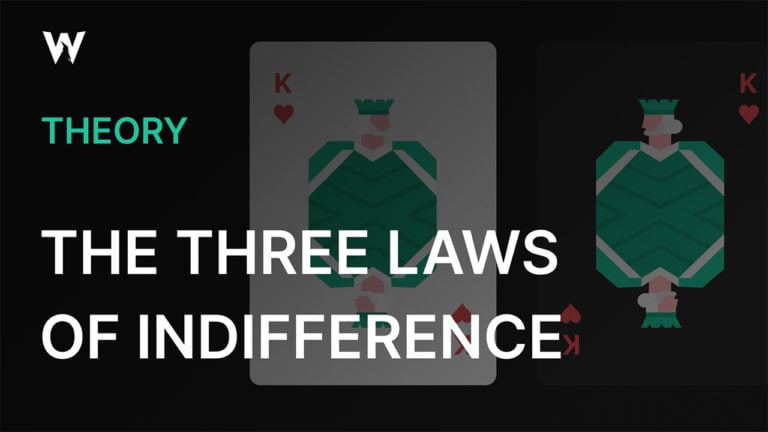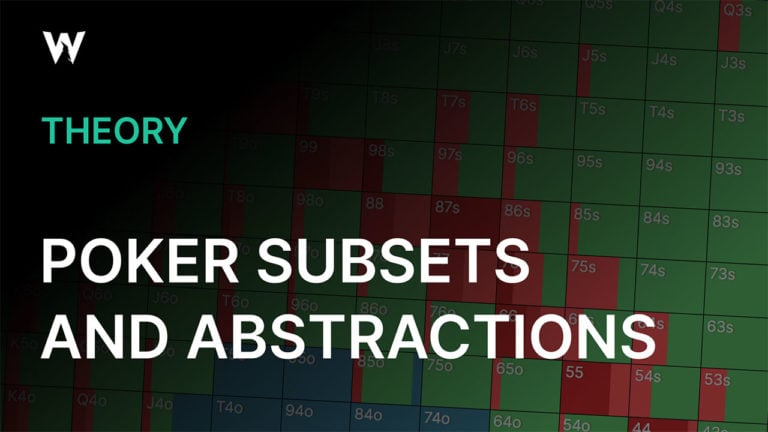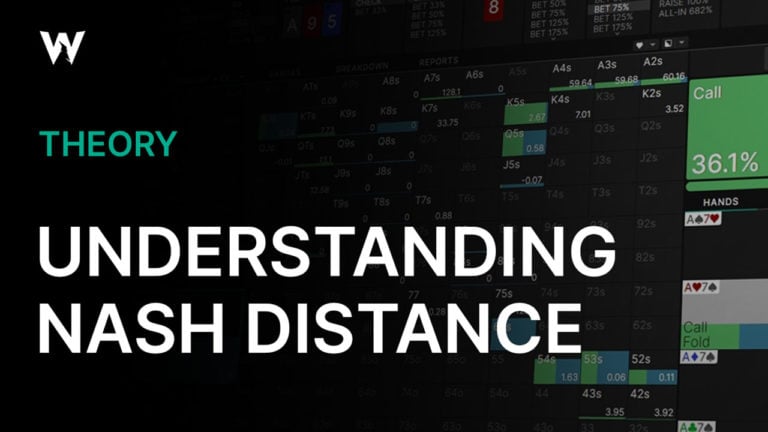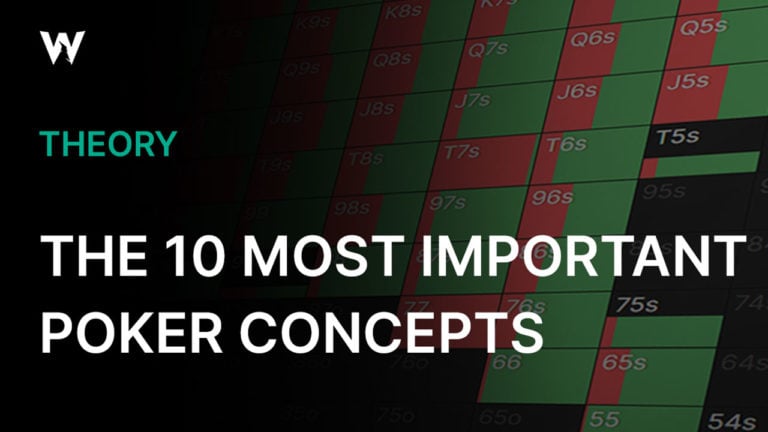Using New Skills at the Poker Table
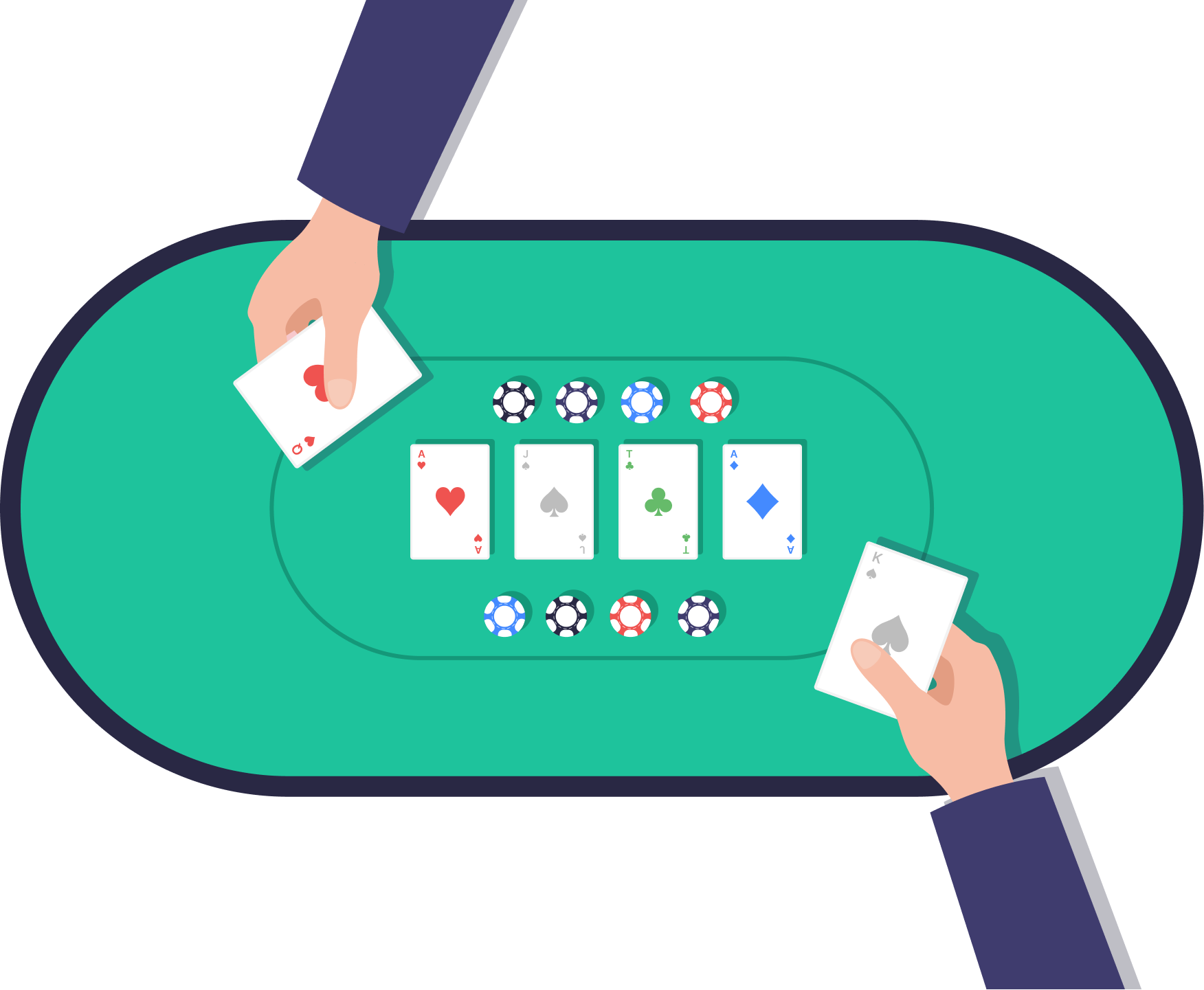
How many times has it happened to you that you make a mistake only to realize immediately – perhaps even while you’re putting the chips into the pot – that you should have known better? How many times has your performance at the table failed to live up to the knowledge you know you possess, based on all your off-the-felt study?
Away from the table, it’s easy to nod along and convince yourself everything makes sense when you read articles as beautifully written and explained as this one.
You’re not alone, many students of the game report difficulty accessing their knowledge when under poker’s many stresses, which include time, financial, emotional, and social pressures. This leads to what I call “boneheaded” mistakes, errors owing not to a lack of understanding of the relevant concepts but rather a failure caused by the heat of the moment.
The good news is that everyone experiences some deal of struggle with this, and it’s a skill that can be practiced like any other. Leveling up your capacity for putting knowledge into practice will give you an edge over the competition just as surely as improving your hand reading or range construction.
Let’s learn some concrete strategies you can practice. Some of these may work better for you than others, so feel free to pick, choose, and remix them as needed.
Focus on a Single Skill
- Working on everything at once usually results in very little progress on anything. Instead, pick a single skill to focus on for a given session. If you choose to focus on value betting, for instance, give yourself permission to think less deeply about bluffing opportunities.
- When studying, instead of passively consuming whatever the latest strategy video or blog post happens to be, seek out material related to your chosen skill. Come into each session with a list of specific things related to that skill you’d like to practice.
- Once you make some progress on your chosen skill, or just find yourself getting bored, pick a new focus for a while. You can always return to the original one later. Your development as a poker player will be a constant back-and-forth. There is no mastery, only progress.
Practice in Slow Motion
Before you practice a new skill over the table, practice in “slow motion” first. When reviewing a hand history or playing against the GTO Wizard trainer, you can strip away all the time and financial and social pressure and focus solely on your thought process.
Practice this way until you are satisfied with your ability to access your newfound knowledge effectively in a matter of seconds. Then, you can take it to the next level by deploying your skill in real-time, against real opponents, for real money.
Focus on Focus
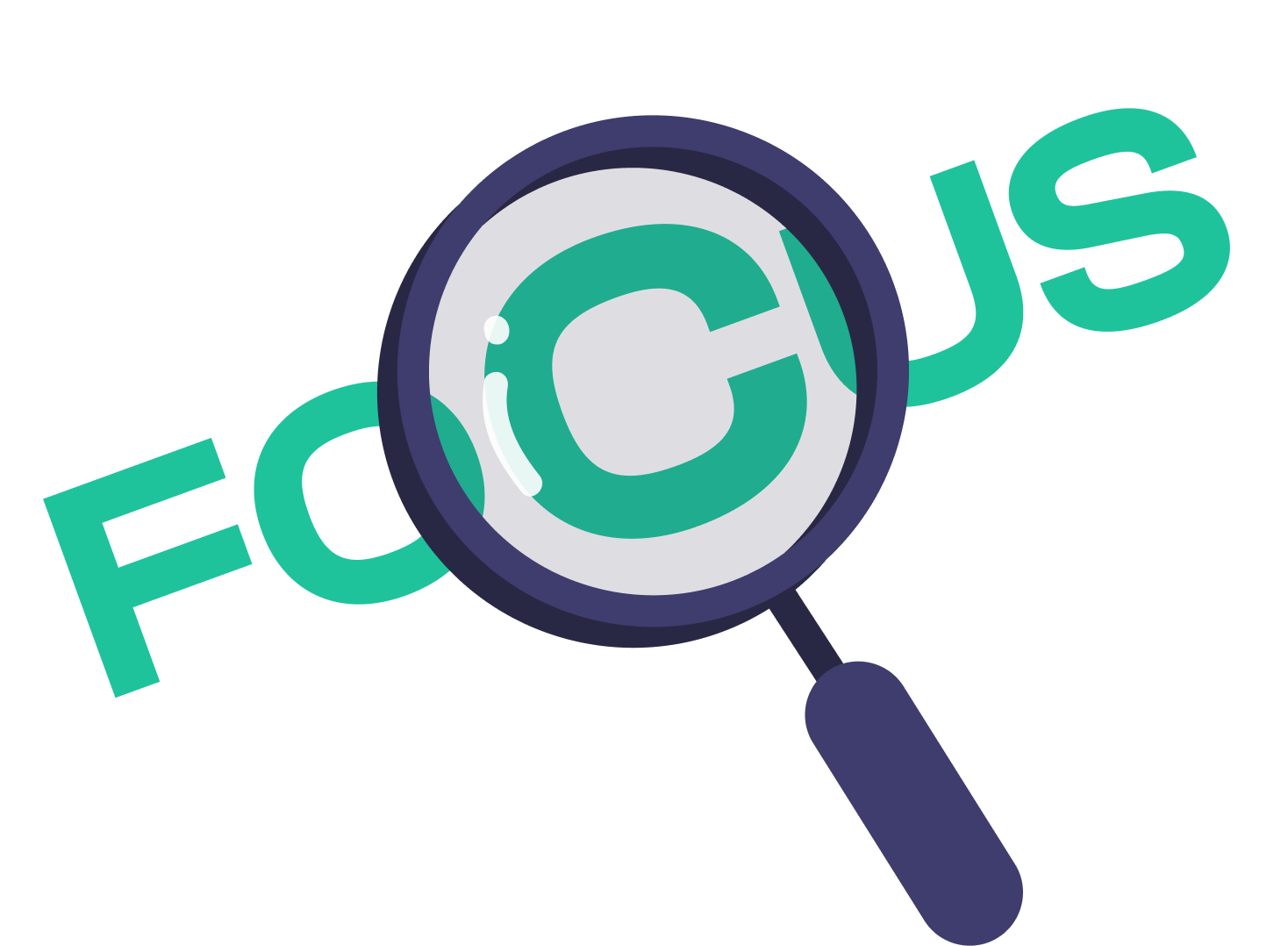
Playing deliberately is a skill just as surely as hand reading and value betting are. Like those other skills, you can practice and get better at it.
Playing deliberately is a skill just as surely as hand reading and value betting are.
If it’s something you need to work on, then dedicate some time to it. You can start with small steps. Designate an hour or even a single down (if playing live poker) as one where your primary goal will be to take your time and practice good thought processes and active decision-making. Of course, you’ll still try to do hand reading and value betting and everything else that’s important, but give yourself permission to put those on the back-burner. Your primary focus should be thinking through every decision to the best of your ability.
After that designated period, take a break. You might leave the table entirely or just give yourself permission to relax and play in your usual mode for a bit. Then, go back into focus mode. When you can maintain focus reliably for the designated period of time, move into a larger one. Eventually, you should be able to designate entire sessions as “focus sessions” where your primary goal is to play thoughtfully and deliberately, with the ultimate aspiration of making every session a focus session.
Review Your Greatest Hits
Prime yourself with examples of what you are capable of at your best, not the poor play you’re trying to avoid.
Before you start playing, you want to cultivate an open, positive, aspirational mindset. Focus on your potential, not your mistakes. If you intend to practice making disciplined folds, don’t come in with a mindset of “OK, dummy, no paying off on the river today like you usually do. None of those donkey calls. Remember last time when you paid off with top pair even though you knew he rivered the flush?”
Instead, remind yourself of the play you aspire to. Recall some of your best folds. How did it feel to make those big laydowns? What did you do during the hand that helped you find the fold? You were probably fresh and focused, paying close attention during the hand and actively practicing hand reading. You considered all your options instead of making the “obvious” call.
Prime yourself with examples of what you are capable of at your best, not the poor play you’re trying to avoid. You may wish to keep a document on your phone or in a small notebook to consult these examples when needed. Ideally, they are correlated with a specific skill you intend to focus on during the coming session.
Hand Reading is a Continual Process
Gather information early and often, so you have it when you need it. You don’t want to be scrambling to reconstruct three streets’ worth of previous action while you’re navigating a tricky river decision.
Whether and how much you bet is always a function of the interaction between your hand and your opponent’s range.
Hand reading is a process of deductive logic that begins before the flop. Every time a player acts, you can eliminate (or at least heavily discount) some parts of their range. Make a habit of updating your mental image of their range with each new action so you have that information when you need it. And you should need it often! Your hand alone never determines your action. Whether and how much you bet is always a function of the interaction between your hand and your opponent’s range. Gathering information should become so second nature that it’s like looking both ways before crossing the street.
Make Every Action a Deliberate Choice
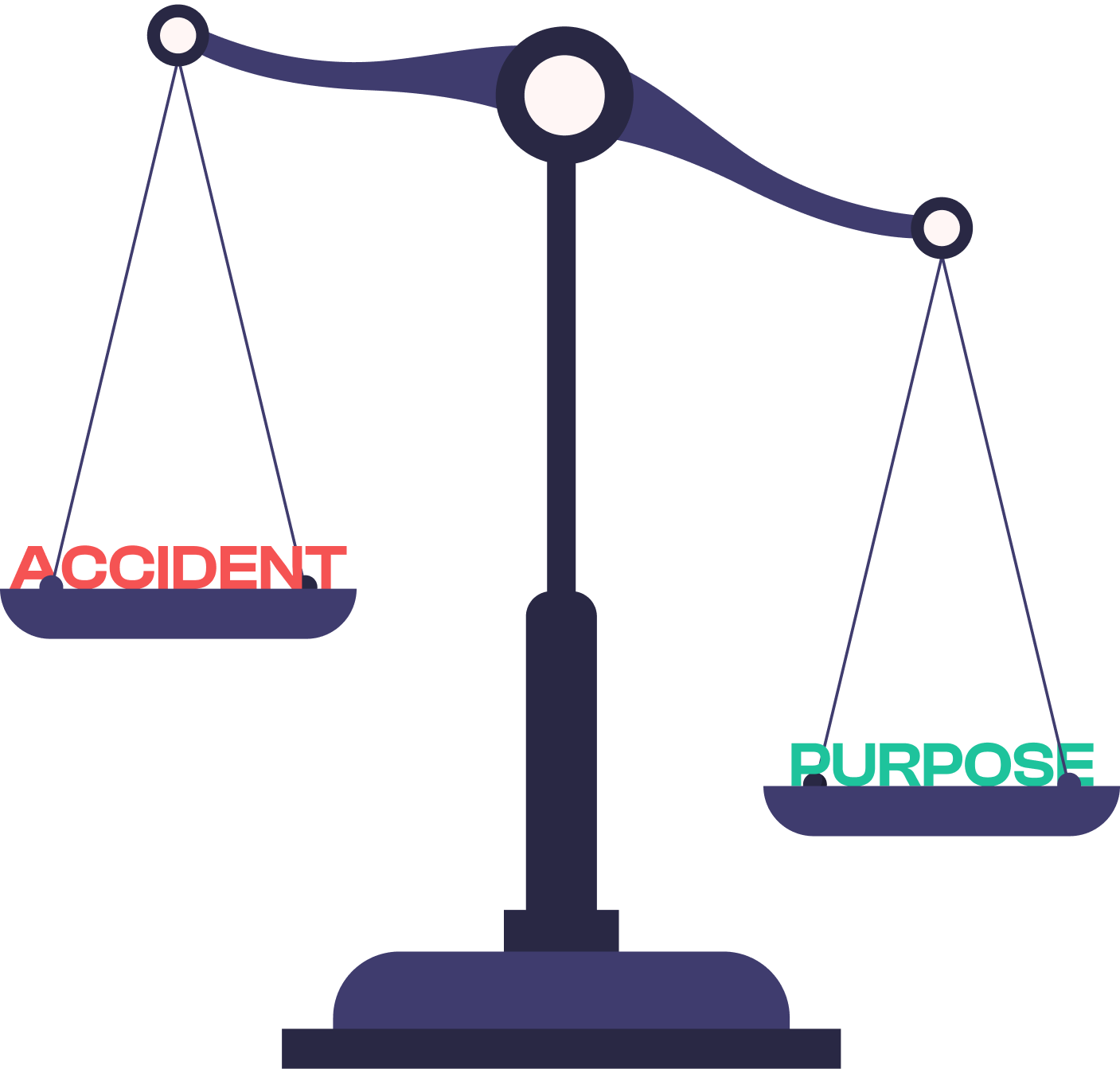
They say practice makes perfect, but there’s more to practice than clicking buttons. Deliberate practice, where you actively think through your options and try new things, is essential to improvement. Putting in massive volume on auto-pilot can even be counter-productive, ingraining bad habits and making it harder to change.
Putting in massive volume on auto-pilot can be counter-productive, ingraining bad habits and making it harder to change.
Build a habit of making every action an active choice. No matter how sure you are of the best play, force yourself to consider a second option before you act. If you weren’t allowed to call, would you rather raise or fold? Make a case for that. If you weren’t allowed to bet small, would you rather check or bet big? Make a case for that. You can’t always consider every option thoroughly, but you can compare two, especially when one is already the comfortable and familiar choice.
Nine times out of ten, maybe nineteen times out of twenty, your first instinct will be correct. But you’ll never find the exception if you don’t look for it. And it’s good practice to consider other options, even when you do end up going with your first instinct. It also helps to balance timing tells when you have a genuine decision.
In the interest of not unduly slowing down the game, you can make an exception for pre-flop folds. Don’t feel compelled to contemplate raising 72o UTG simply as an academic exercise. Post-flop decisions are rarely so trivial, and you should not treat them as such.
Think About Your Range
The best way to conceal information is to play different kinds of hands the same way.
Another strategy, similar to the above, is to look beyond the hand you currently hold to other kinds of hands you could hold. The best way to conceal information is to play different kinds of hands the same way, so that your action provides minimal information about your cards. If the action that initially strikes you as best with your current holding is not plausible for any other part of your range, then you should reconsider.
Before you check the turn because you have “nothing”, consider the other weak hands you could hold. Which of them would you bluff with? If you can name other, better bluffing candidates in your range, you can feel better about giving up with this one. If you can’t, then you should reconsider whether your current holding would serve you well as a bluff.
Before you make the “obvious” value bet with your monster hand, consider the weak and medium-strength hands you could also hold in light of your earlier actions. Are some of those viable candidates for a big bet as well? Or would the rest of your range benefit more from a different action?
Take Time When You Need It
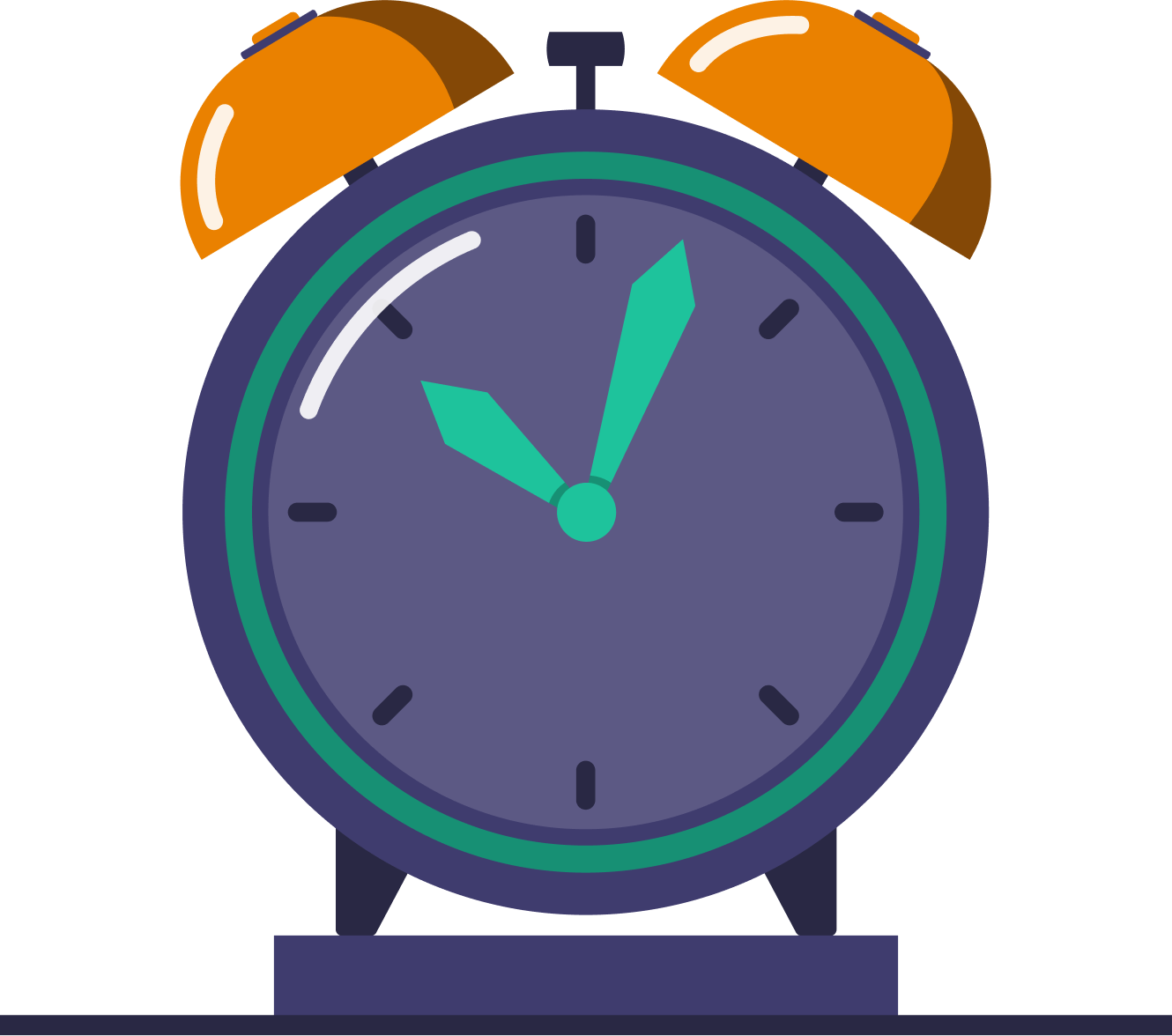
- In live games, there can be significant social pressure to hurry up and act. Sometimes someone may make a comment, but even if they do not, you may feel uncomfortable when everyone is waiting on you.
Get comfortable being uncomfortable.
- Get comfortable with it. Or, get comfortable being uncomfortable. As long as you do not waste time in unnecessary spots, you are well within your rights to take time when you need it.
- Often, other players will not be as bothered as you fear. They will be on their phones or thinking about their own hands or otherwise not thinking about you one way or the other.
- But even if they are bothered, that’s not your problem. You are allowed to take time for tough decisions, no matter the size of the pot. Their pressure and complaints are just as self-interested as your tanking. Poker is a zero-sum game. Your opponents are looking out for their best interests, and you need to look out for your own.
Check In

Check in with yourself periodically. Dealer changes and bathroom breaks are a convenient time to do this during tournament play. You can do this in a live cash game just before posting the big blind or paying your time. If playing online, consider setting a timer for every 30 or 60 minutes. Remind yourself of your commitment to focused play, and if playing a cash game, make an active choice to either keep playing, take a break, or end the session.
During your check in time, evaluate your progress on your chosen skill. Have you maintained focus on it? Did you do anything you’re proud of? Make any discoveries? Play any hands you wish to investigate more deeply later?
There may be other hands on your mind as well, such as river folds or missed bluffs you’re unsure of. Permit yourself to let go of those. The goal was never to do everything perfectly. Instead, focus on your progress around your chosen skill.
If there are any hands nagging at you, spots where you are unhappy with your play, or spots which you are uncertain about, write them down. This is your commitment to yourself to investigate them later, and your permission to stop ruminating on them now. Later, away from the table, you’ll have the tools to study the spots properly. Until then, set them aside so you can focus on the cards in front of you.
Learning from your mistakes is good; ruminating on them is not. The time to learn from them is not during the session, while you’re trying to play other hands.
If you cannot let go of something, whether it be a bad beat, mistake, or even something rude someone said, that’s a good cue to quit or at least take a break. Take a walk, have a snack, phone a friend, close your eyes for a few minutes – do what you need to do to clear your mind and give yourself a proper reset.
Mistakes Are Inevitable
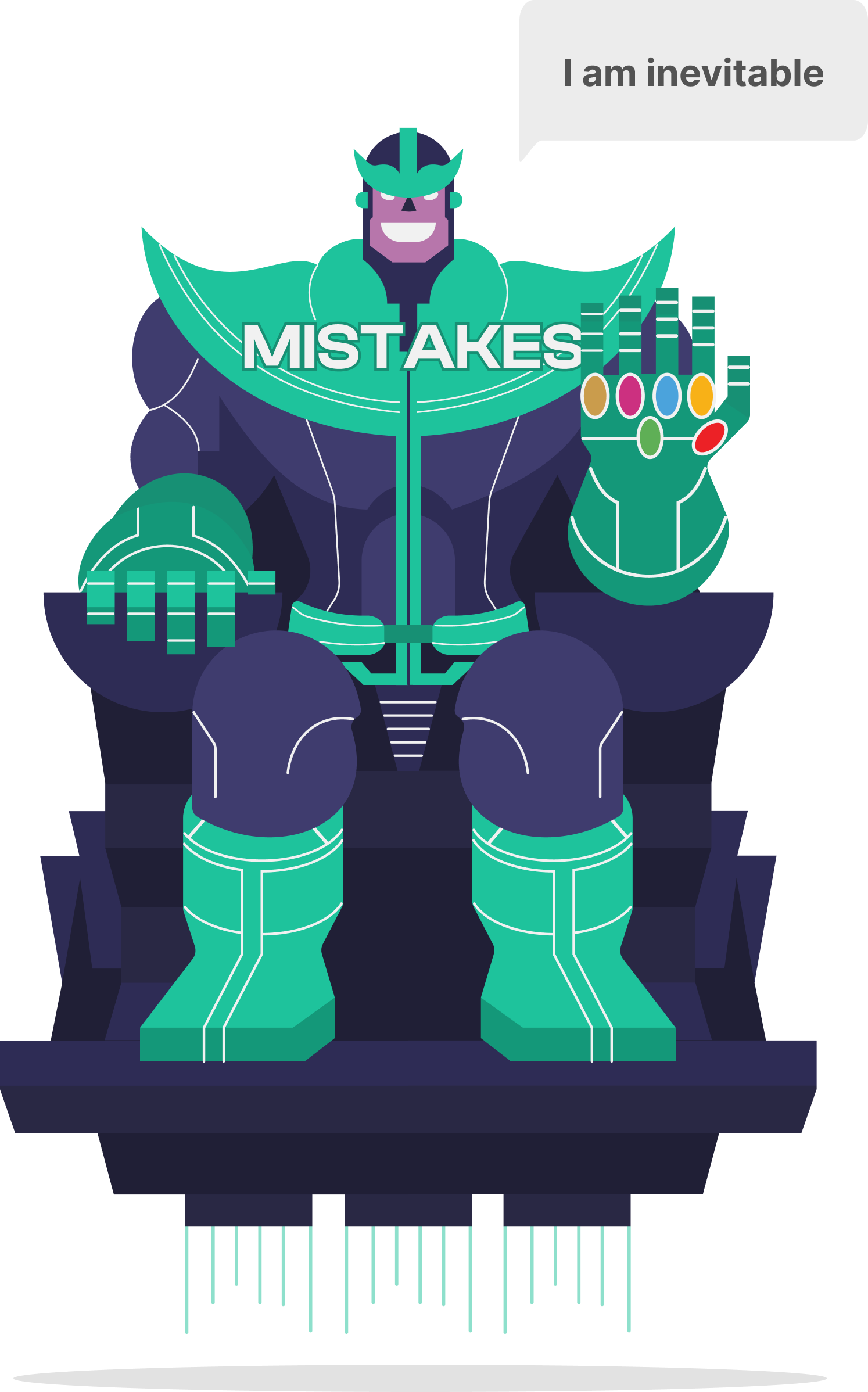
For novice poker players, bad beats are excruciating. They expect to win the pot when they have the best hand and feel robbed when it doesn’t happen.
Mistakes are just as inevitable as bad beats.
Experienced poker players will tell you, proudly, that bad beats no longer upset them. Instead, they accept them as the cost of doing business. What bothers them is when they know or suspect they played a hand badly.
When mistakes happen, the best thing you can do is accept them, commit to learning from them later, and get on with playing the next hand.
Well, mistakes are just as inevitable as bad beats. It’s no more realistic to think you will play eight hours of mistake-free poker than it is to think you will play eight hours of bad beat-free poker. Of course, you would prefer to avoid mistakes, but when they happen, the best thing you can do is accept them, commit to learning from them later, and get on with playing the next hand. Establishing appropriate expectations makes it easier to avoid getting hung up on mistakes when they inevitably occur.
Conclusion
There is no such thing as perfect poker. All you can do is play your best and keep pushing the frontiers of your capabilities.
Studying and practicing are important, so make time for both. Improvement does not happen by magic, nor even by volume of practice alone – not very efficiently, anyway. With a focused, targeted plan for improvement, you can make steady gains in both your poker knowledge and your ability to access it over the felt.
There is no such thing as perfect poker.
Author
Andrew Brokos
Andrew Brokos has been a professional poker player, coach, and author for over 15 years. He co-hosts the Thinking Poker Podcast and is the author of the Play Optimal Poker books, among others.


